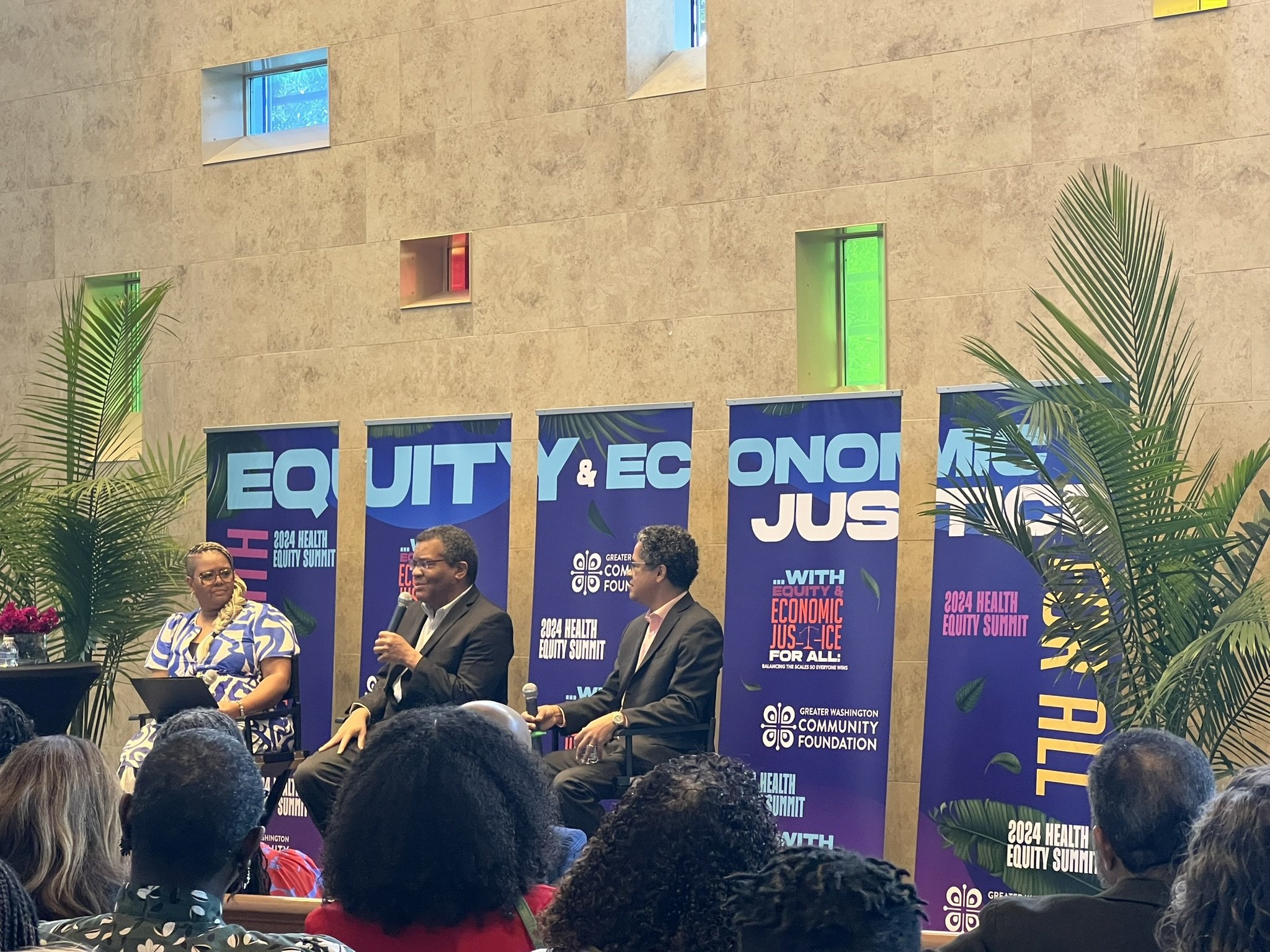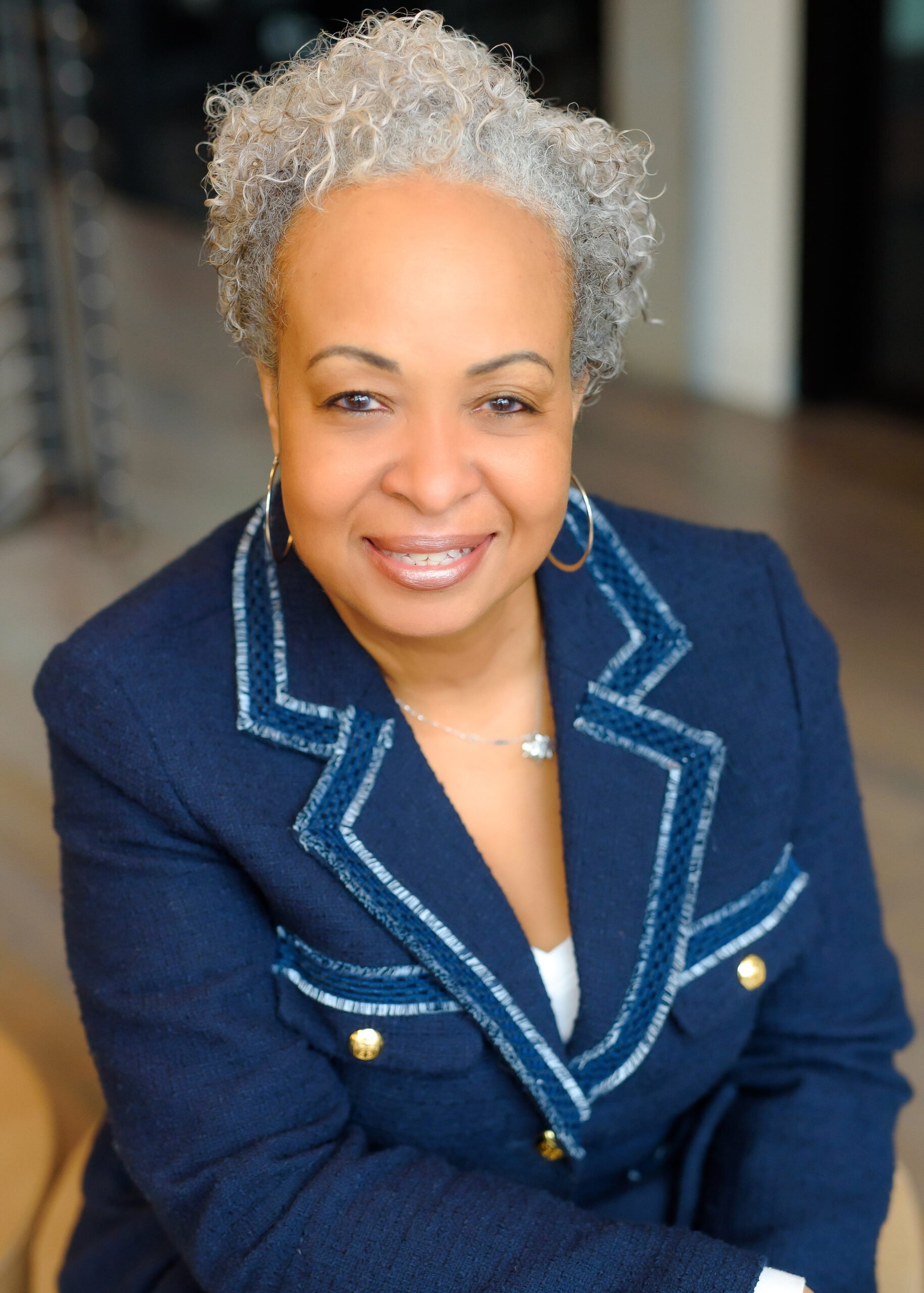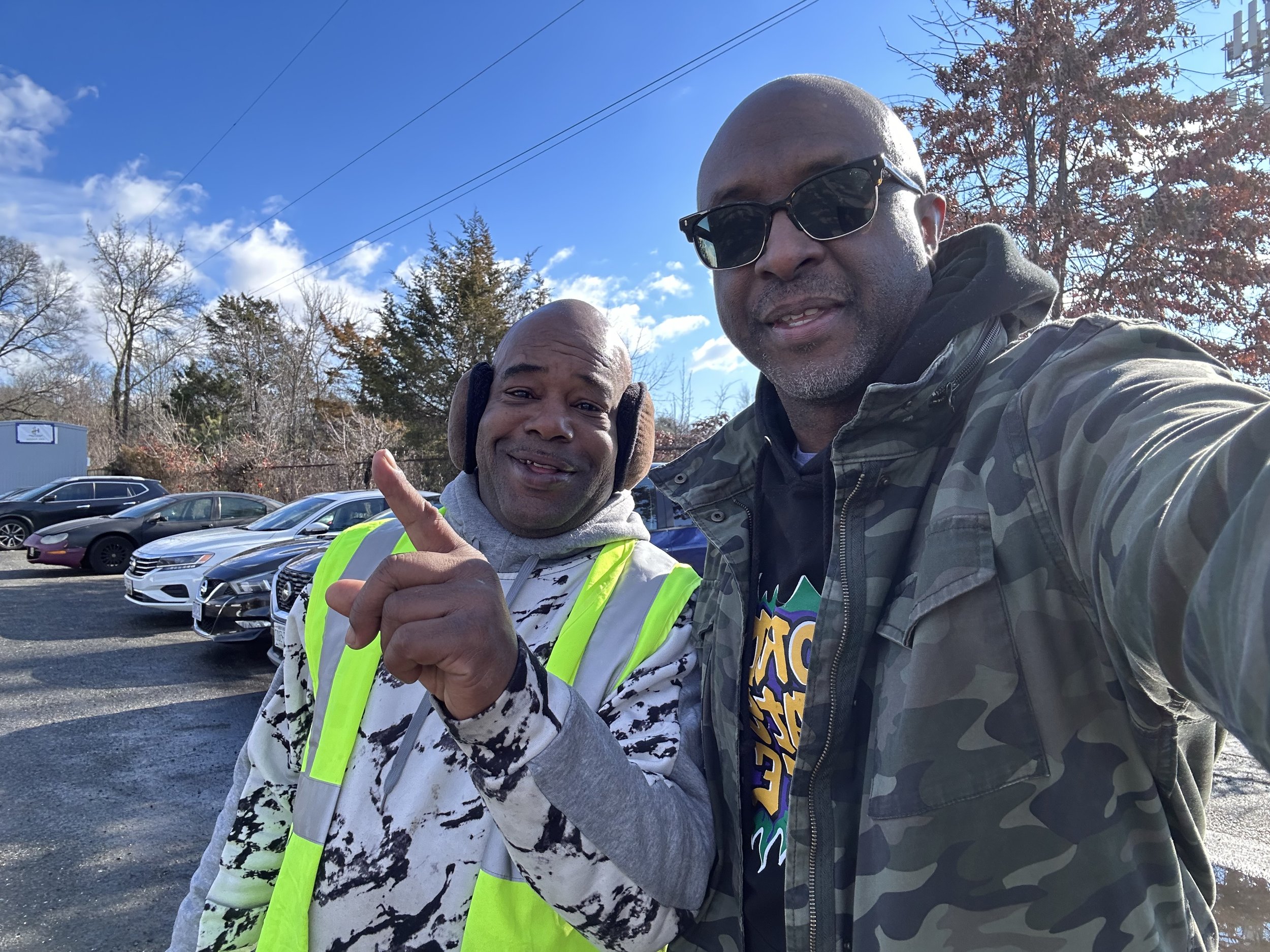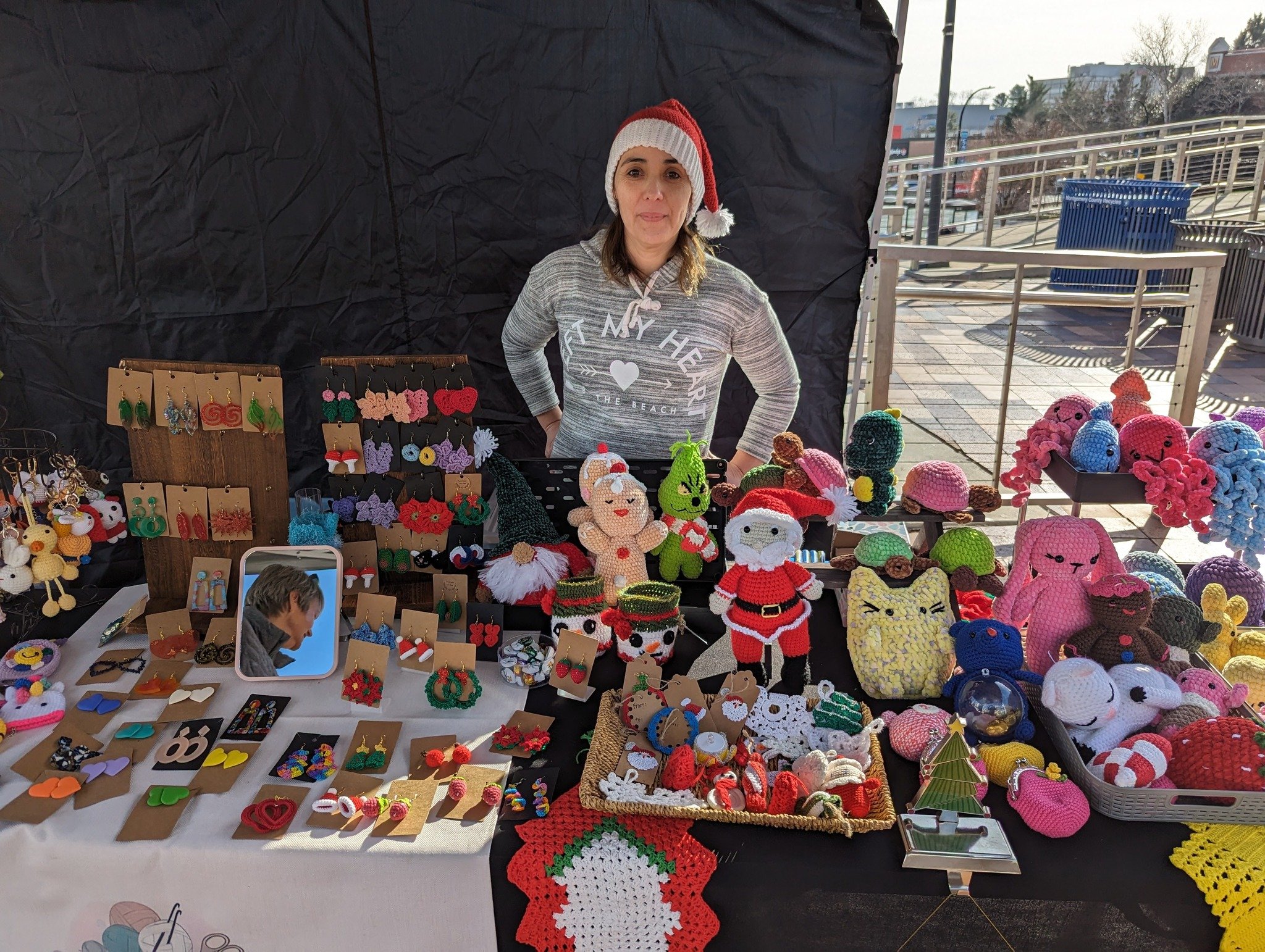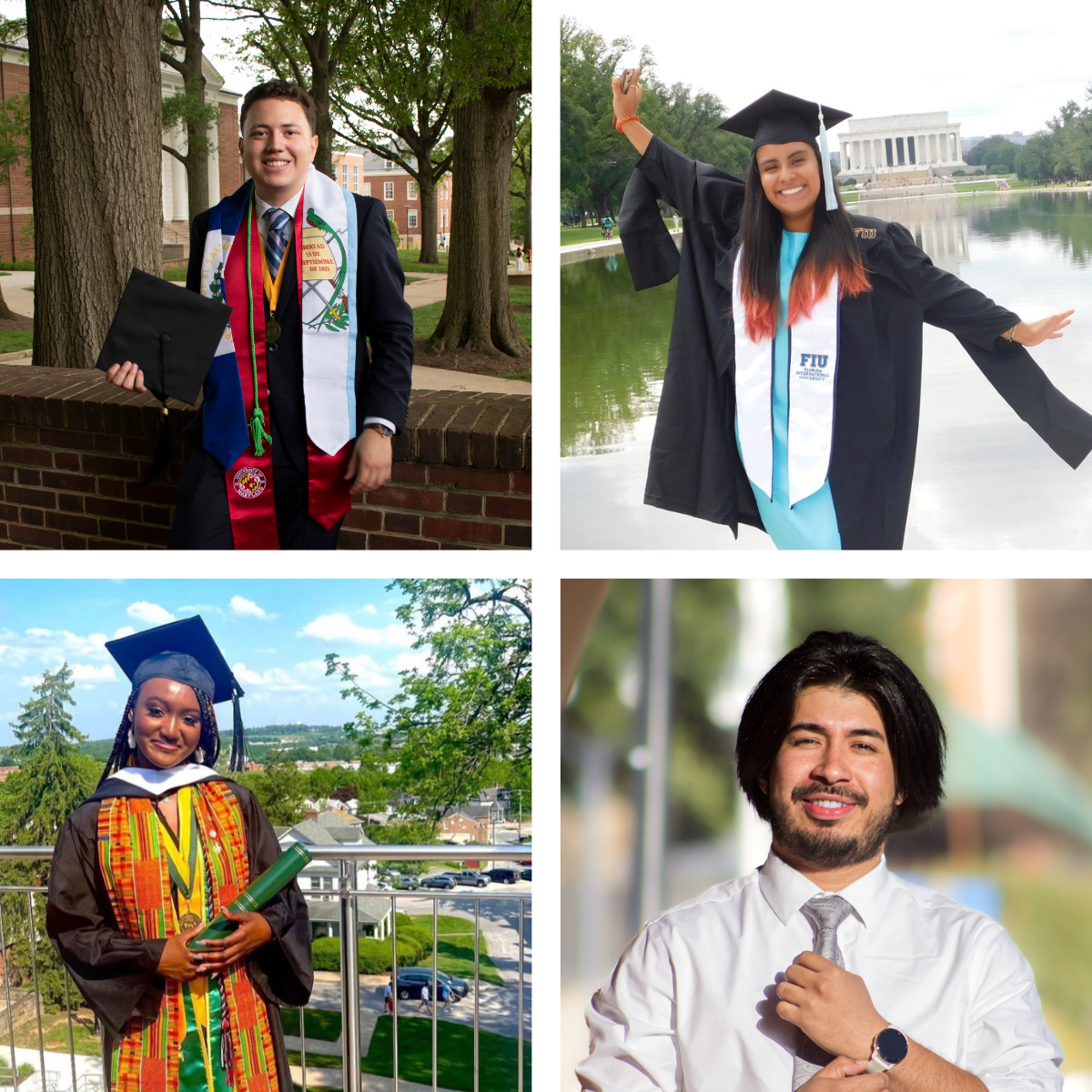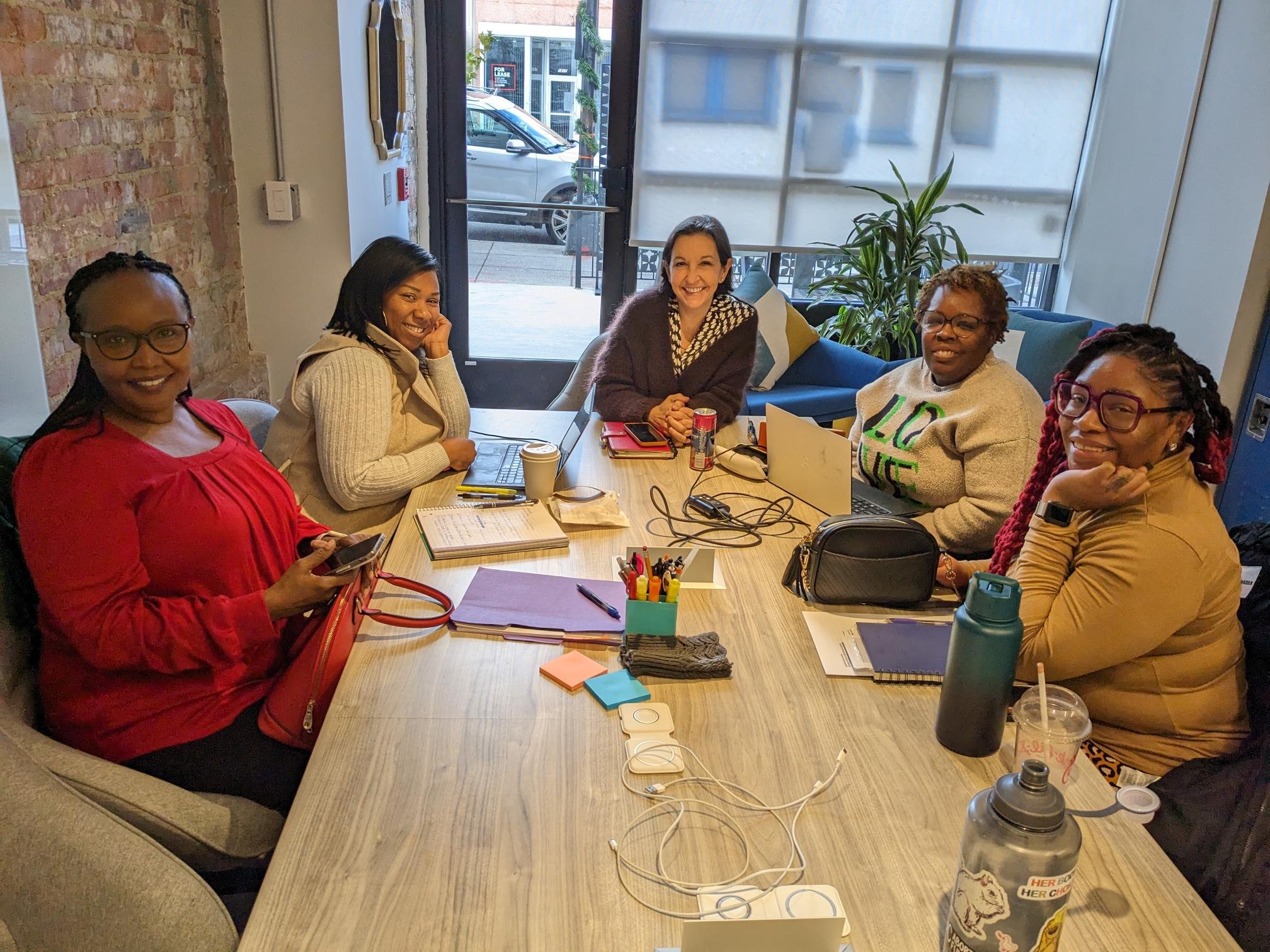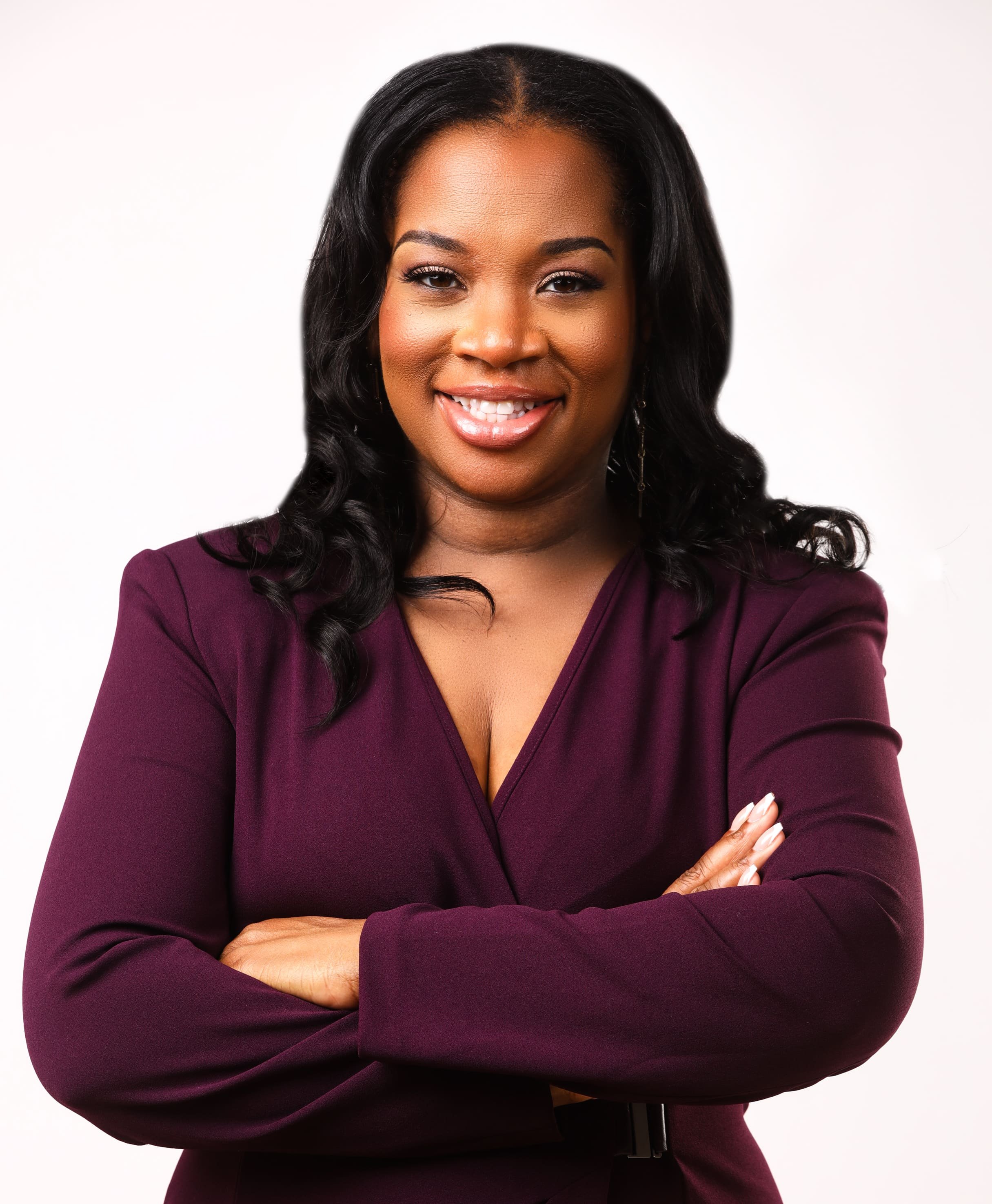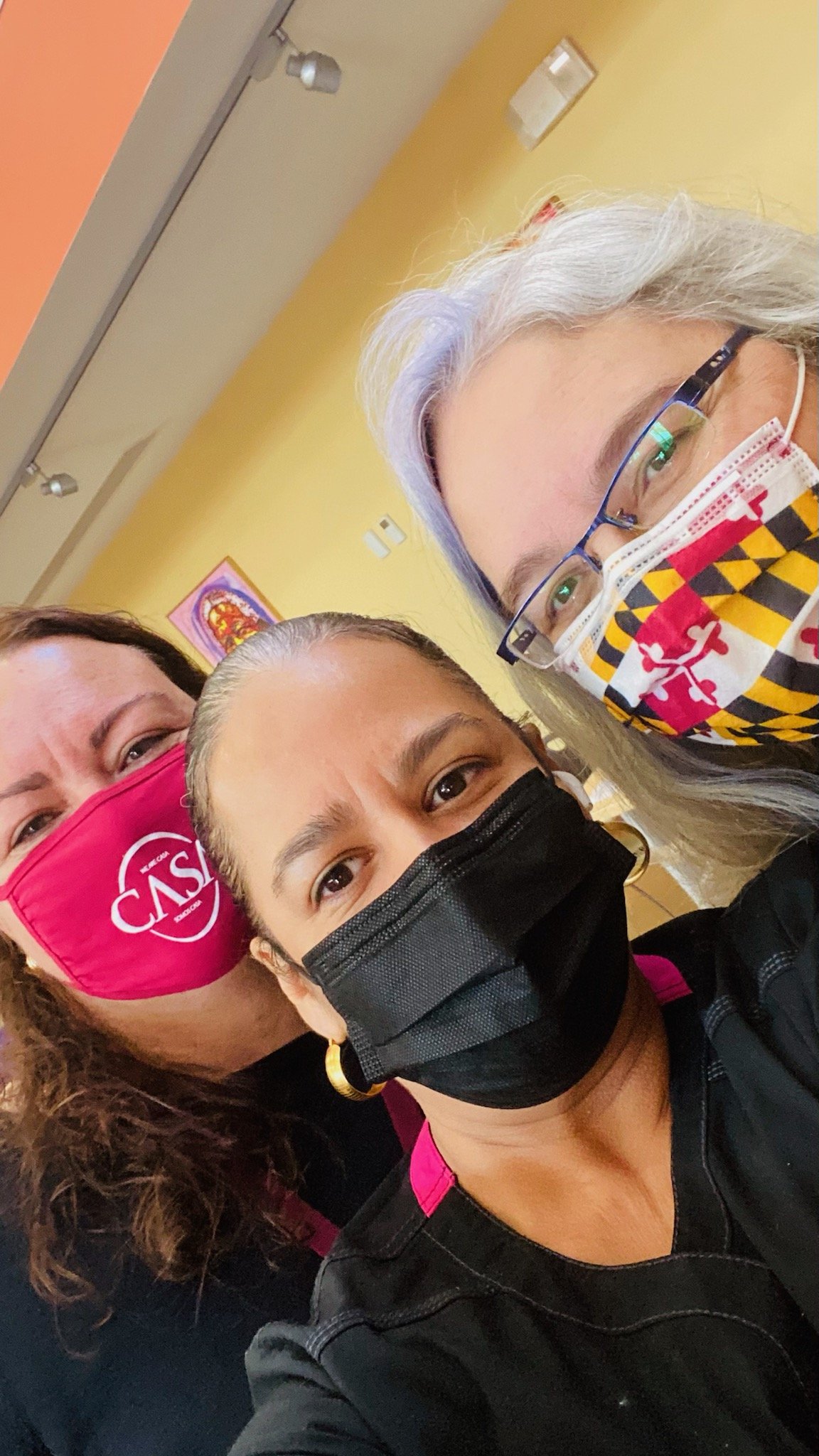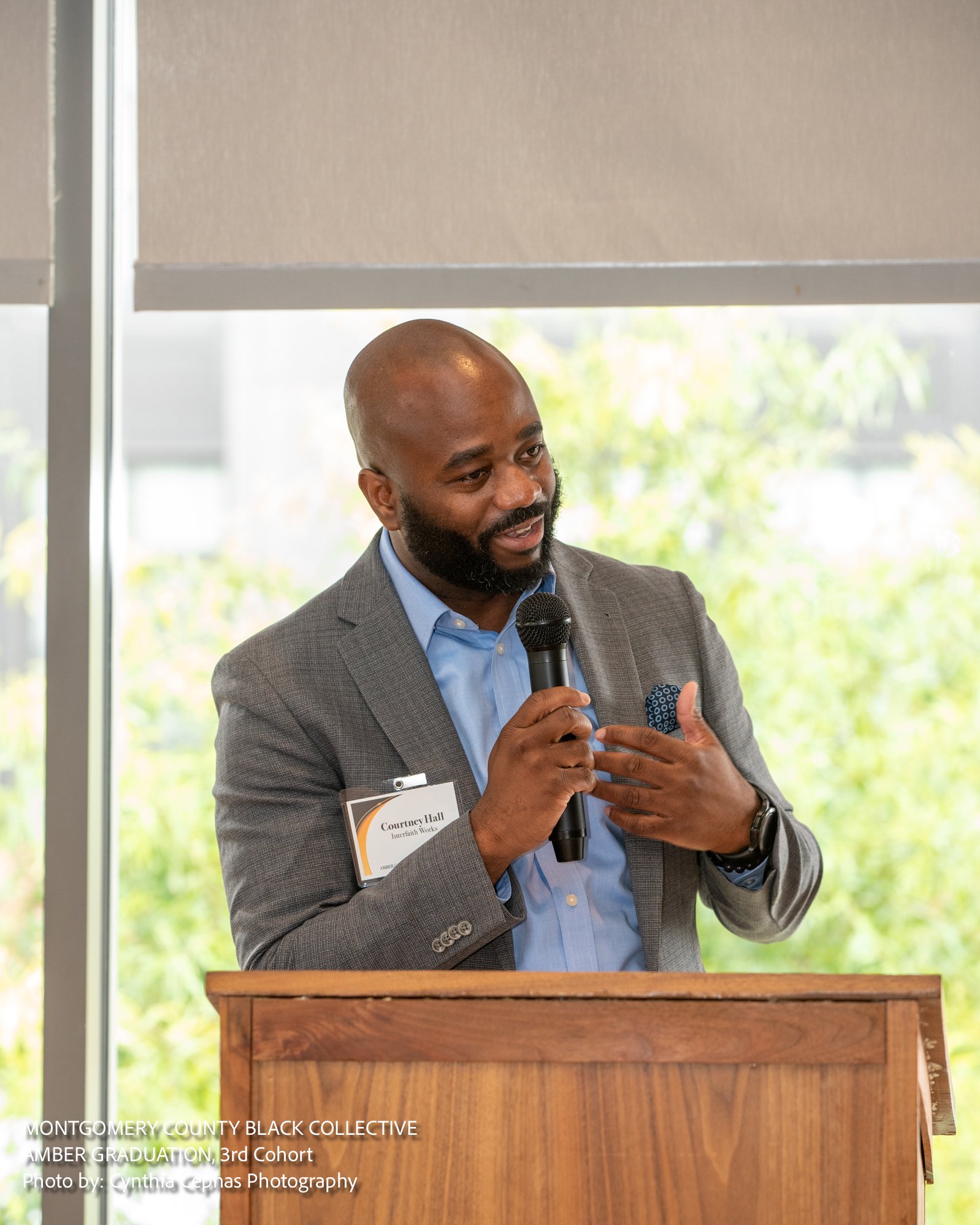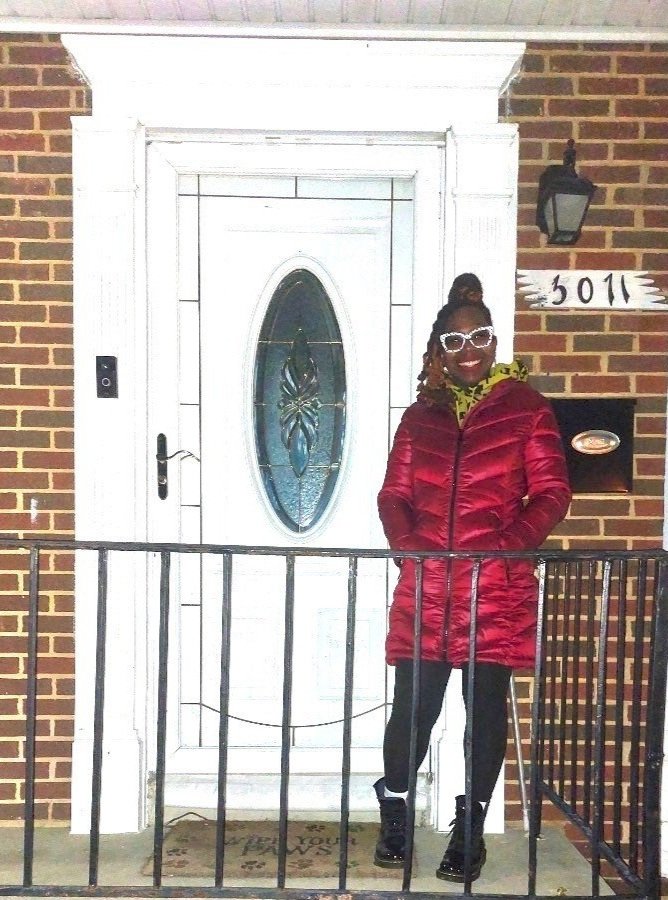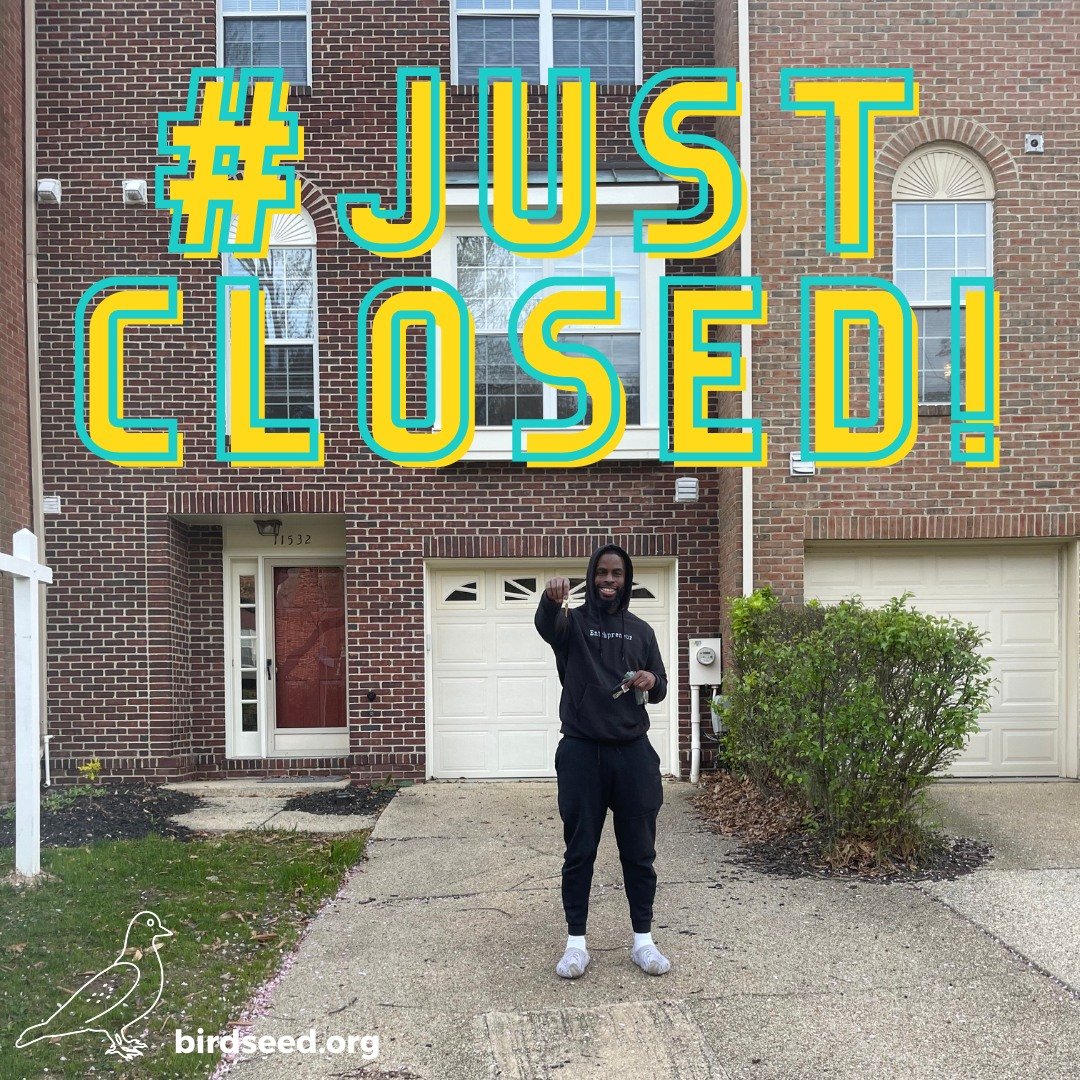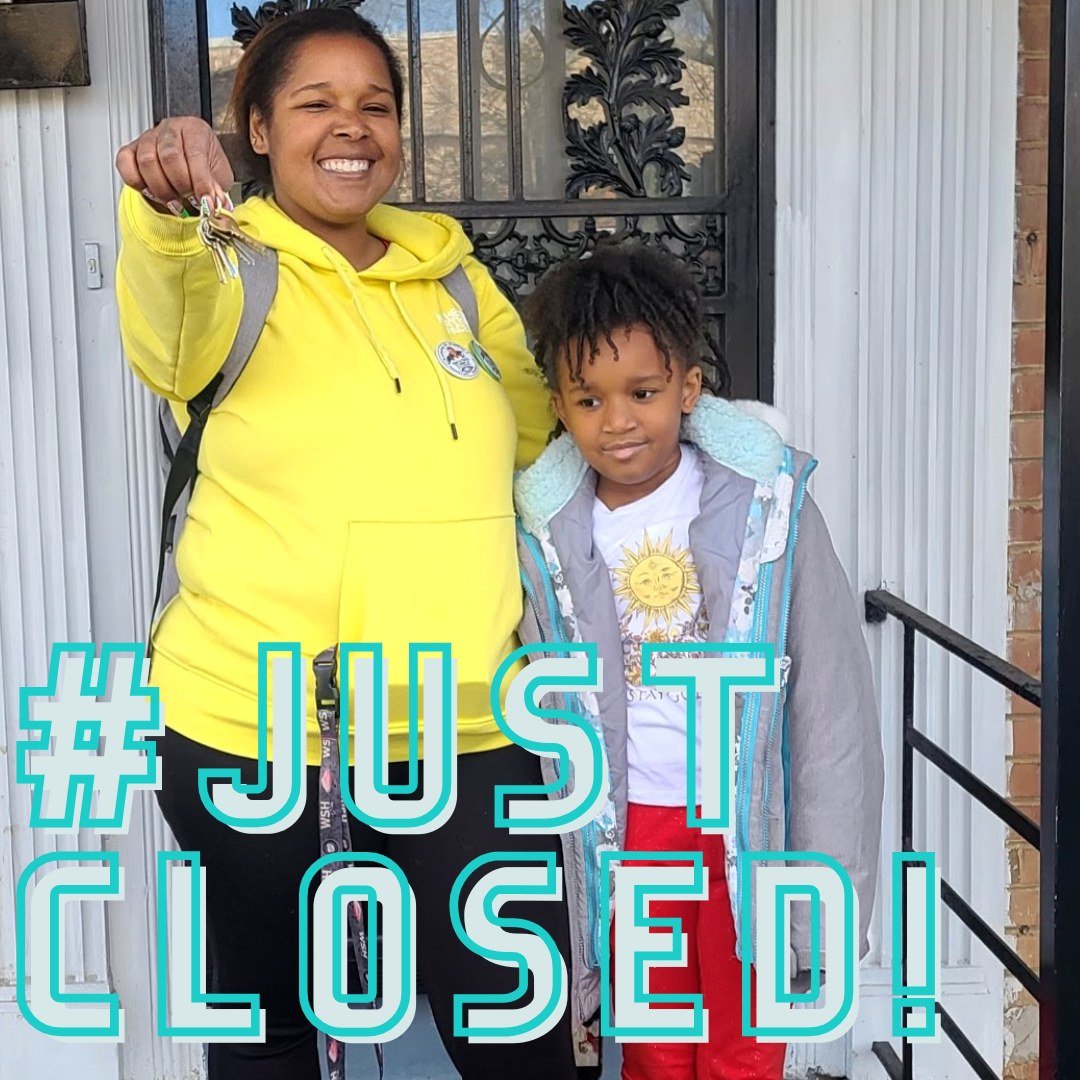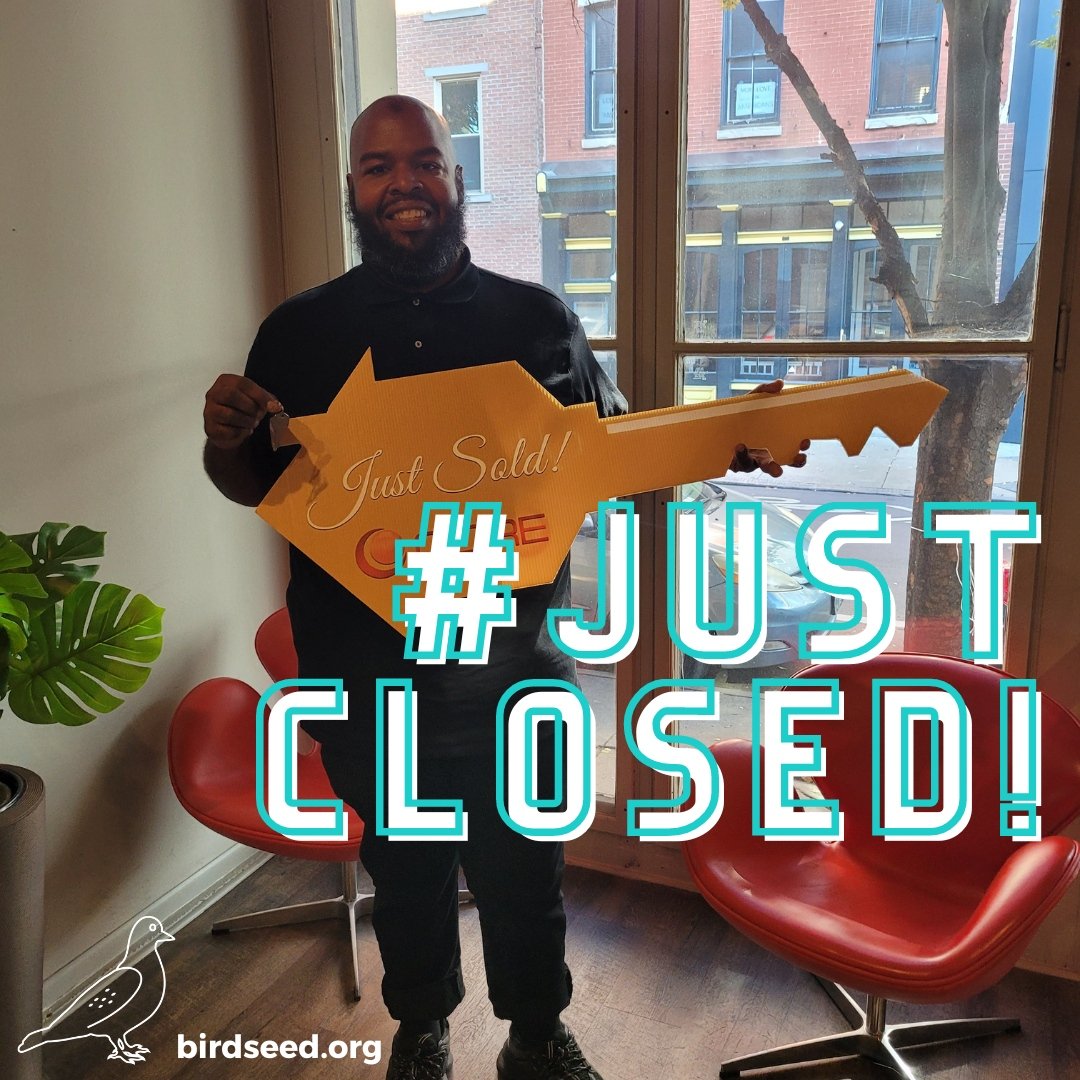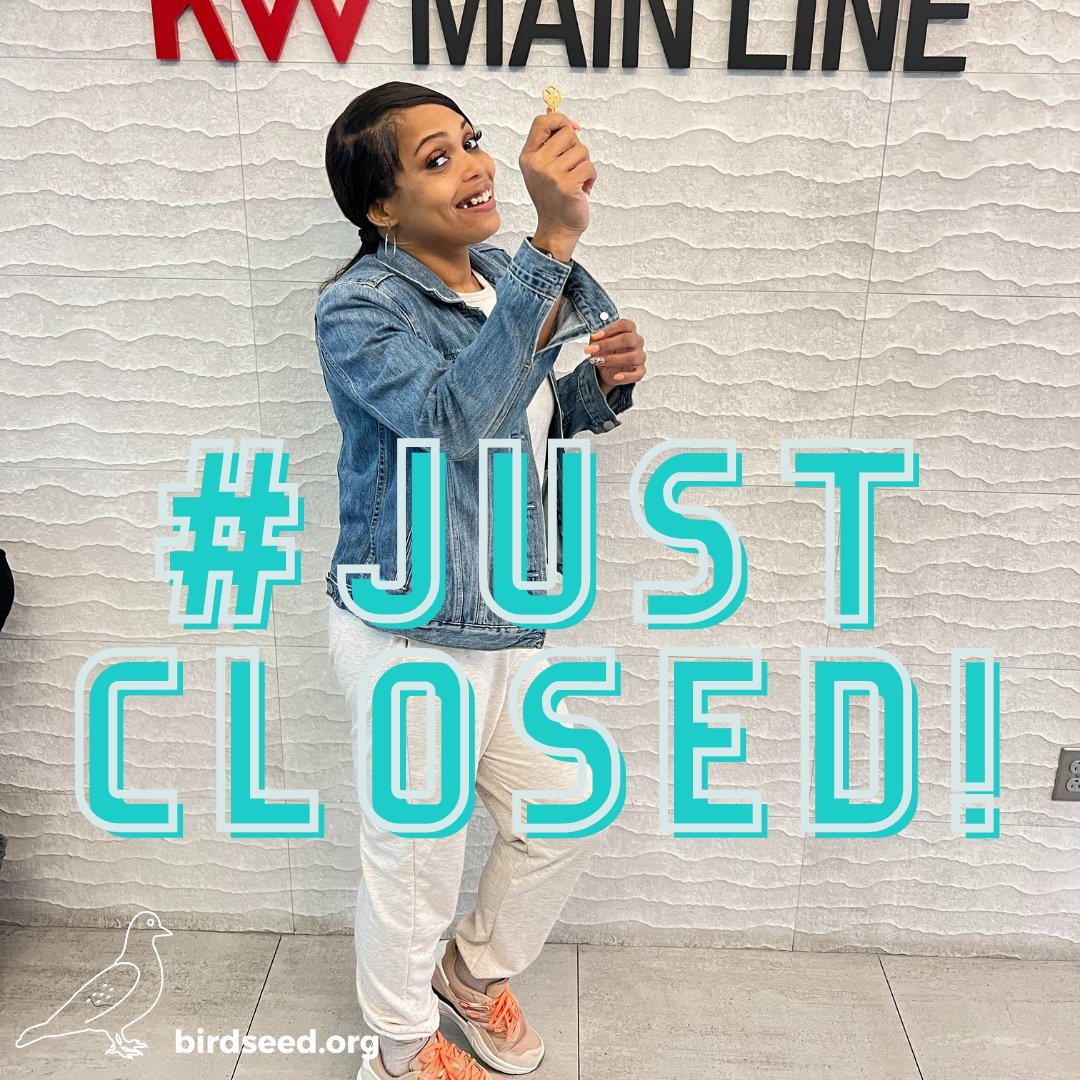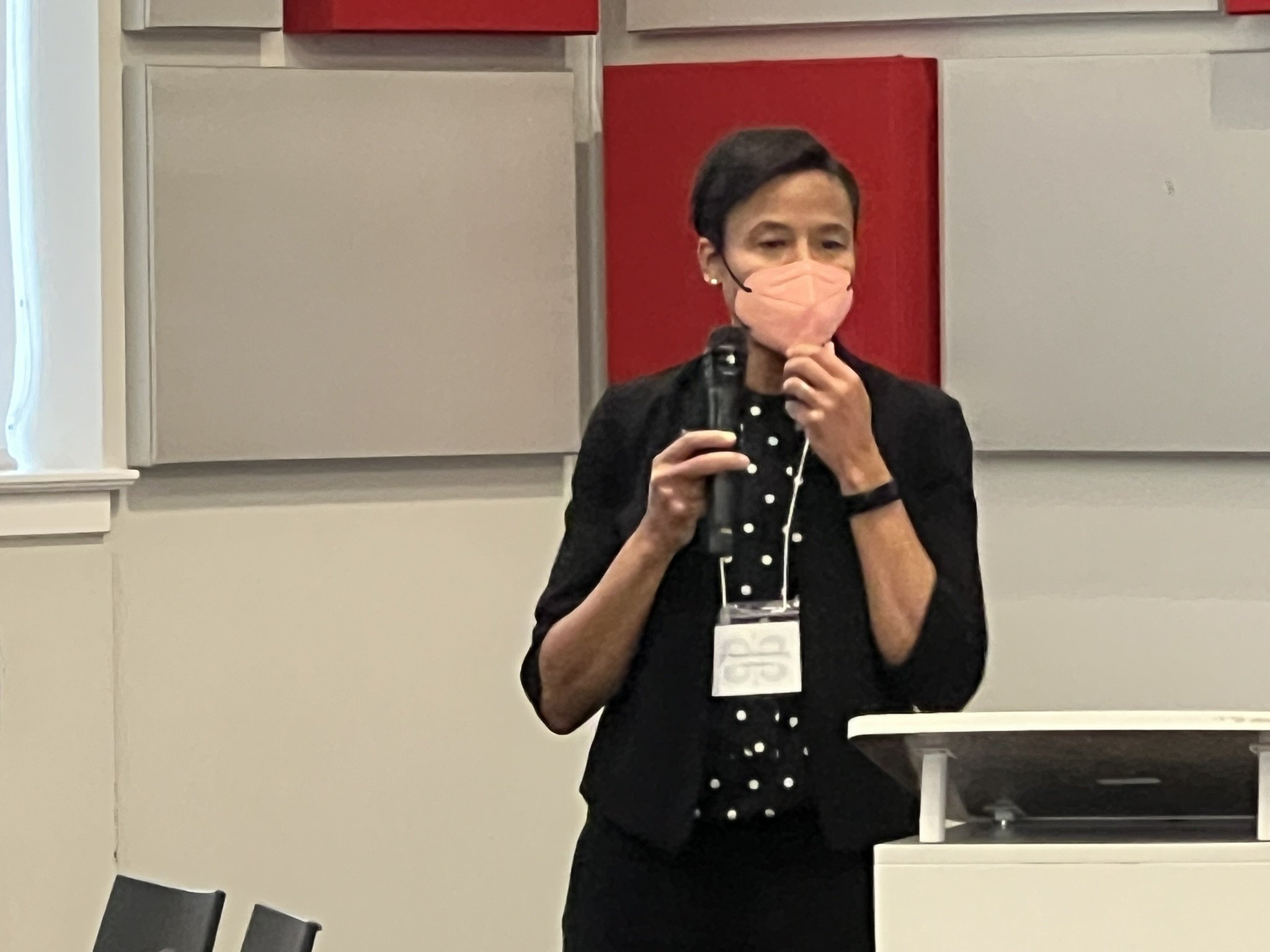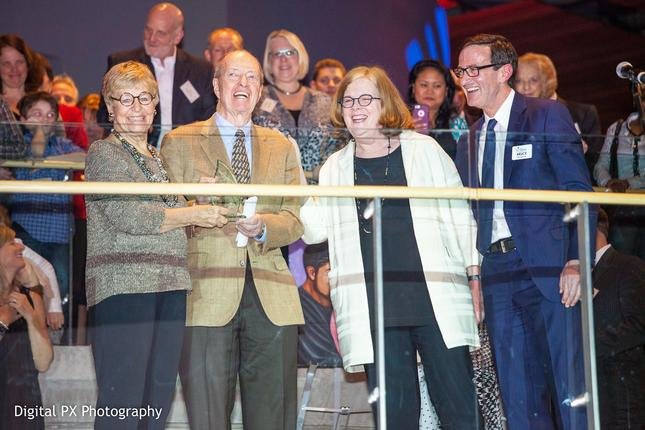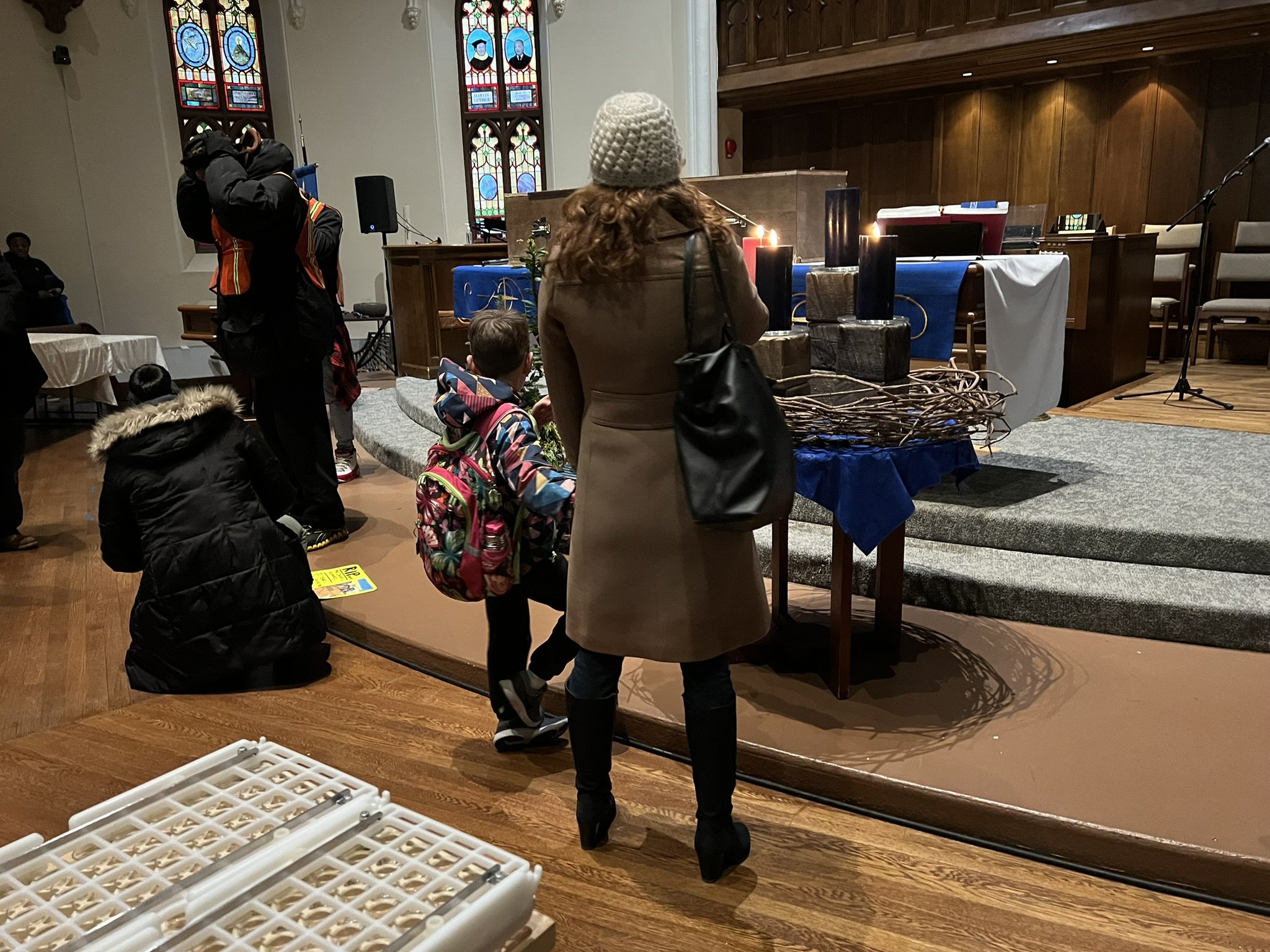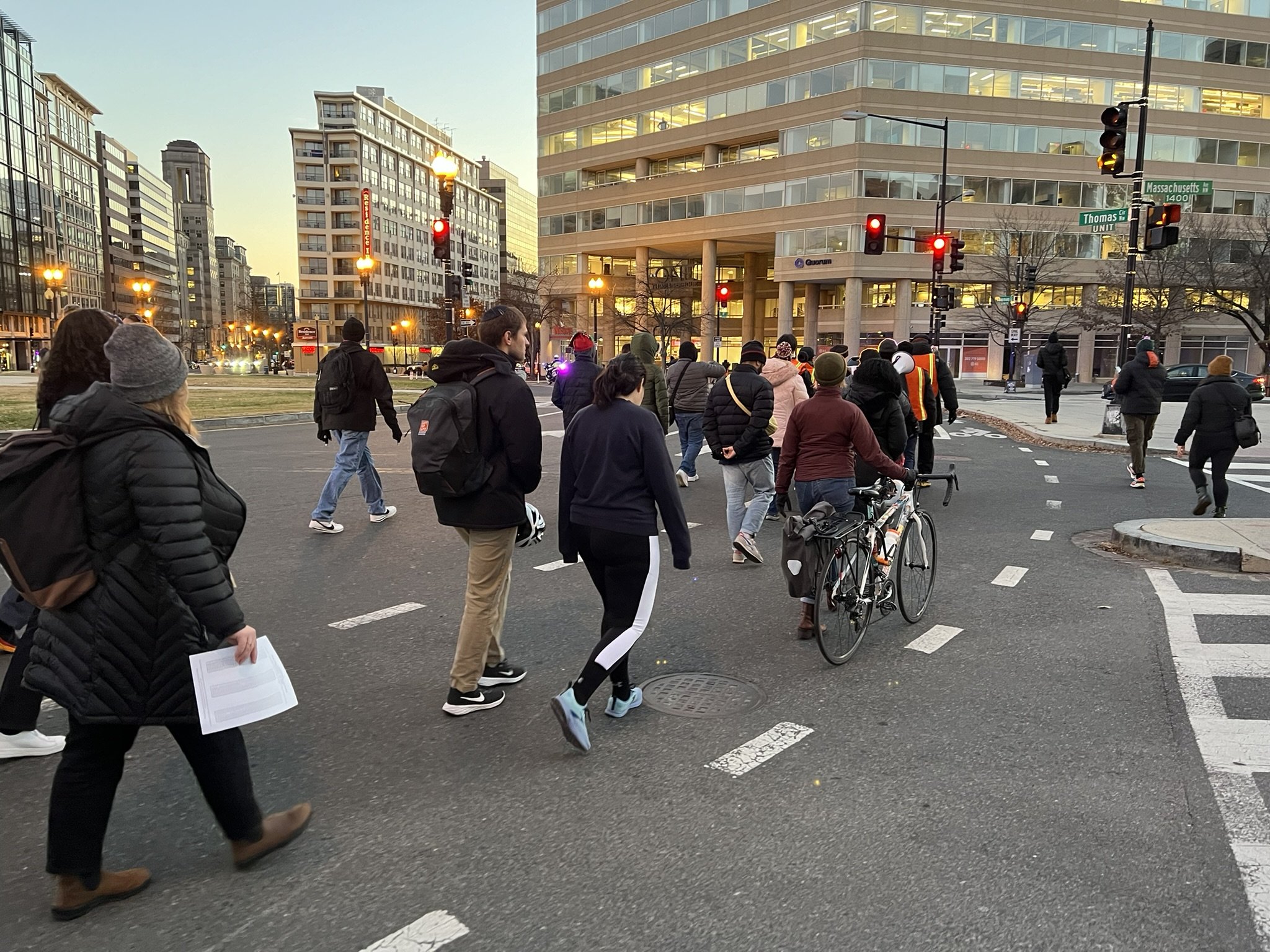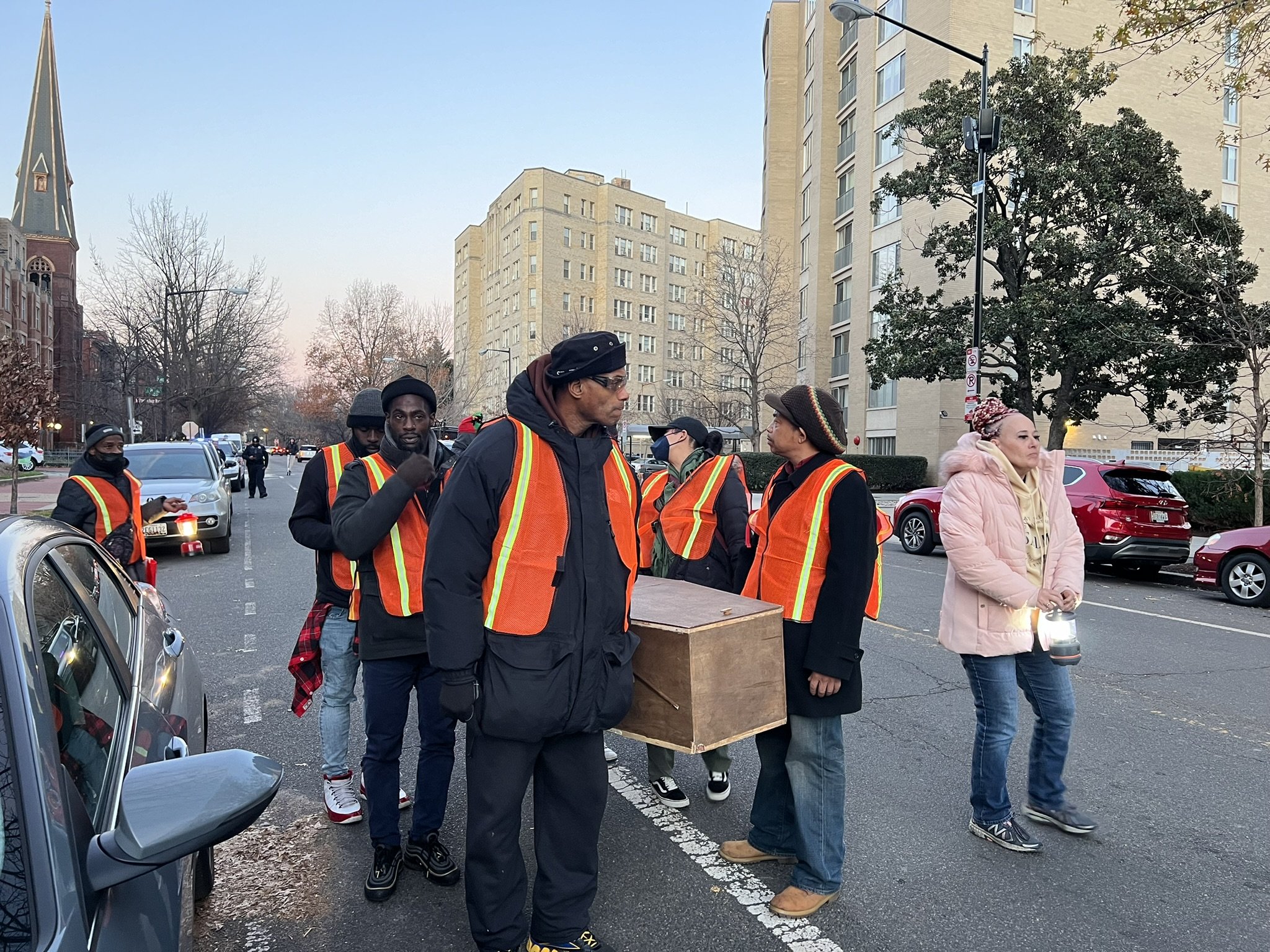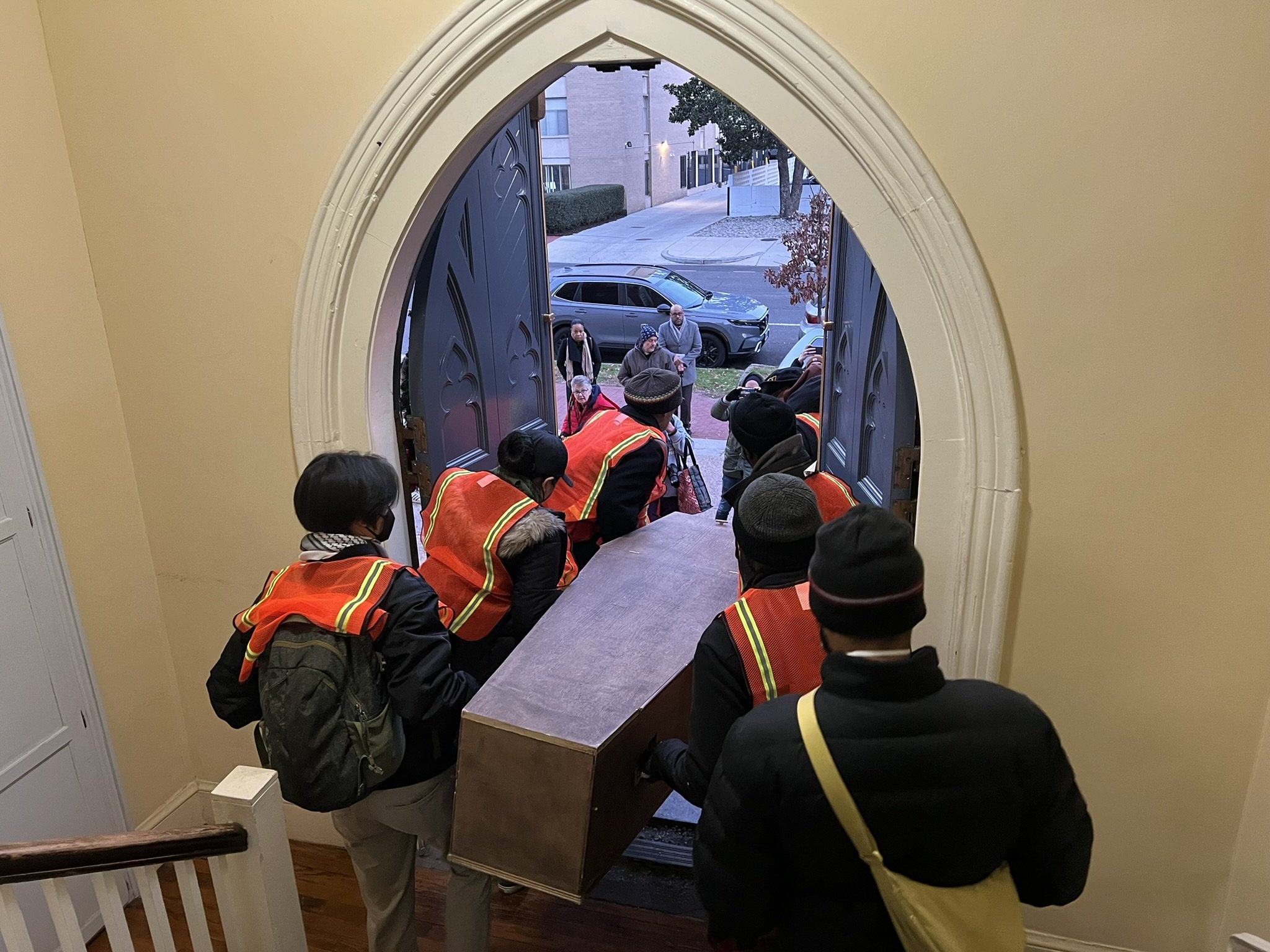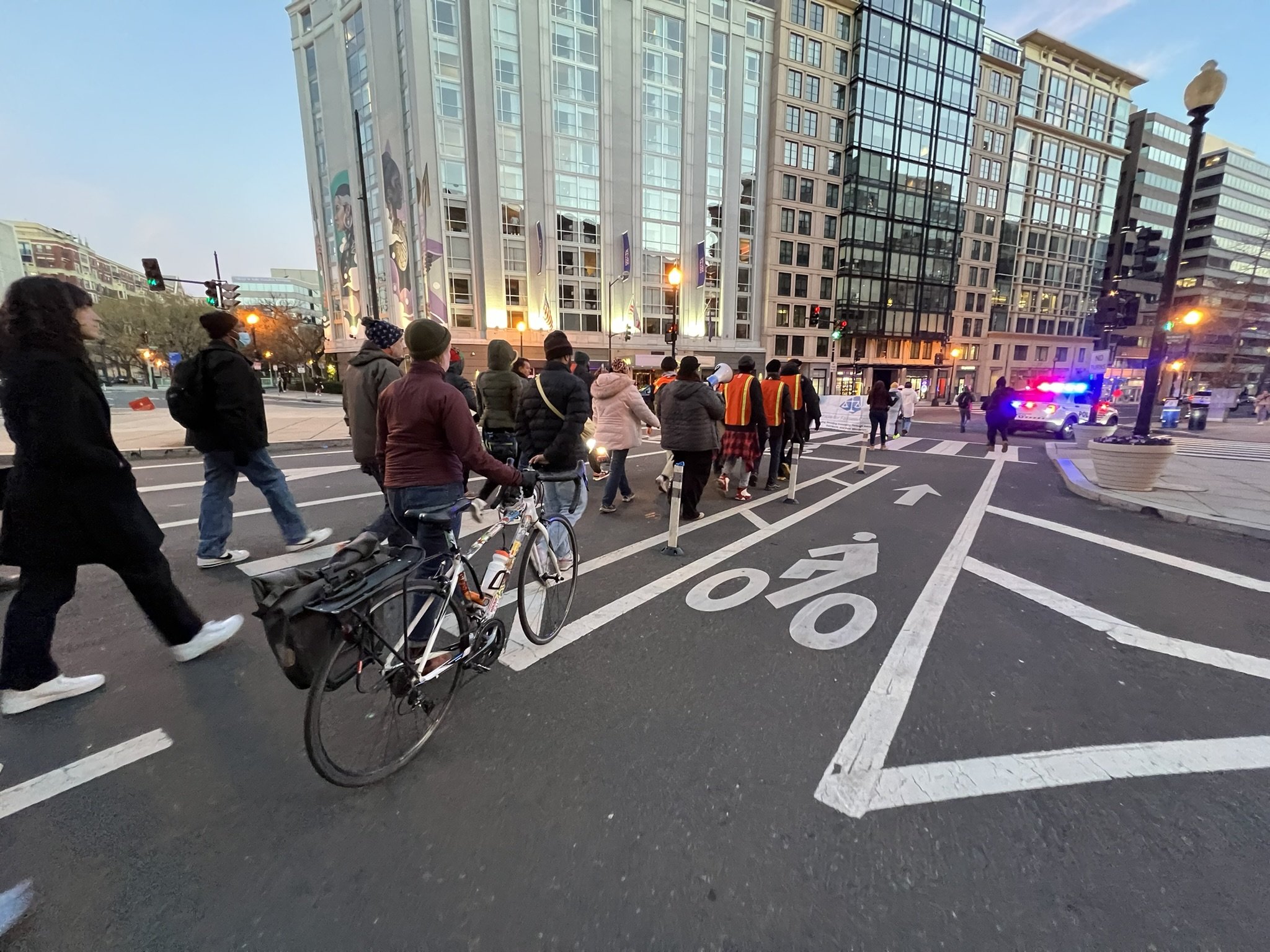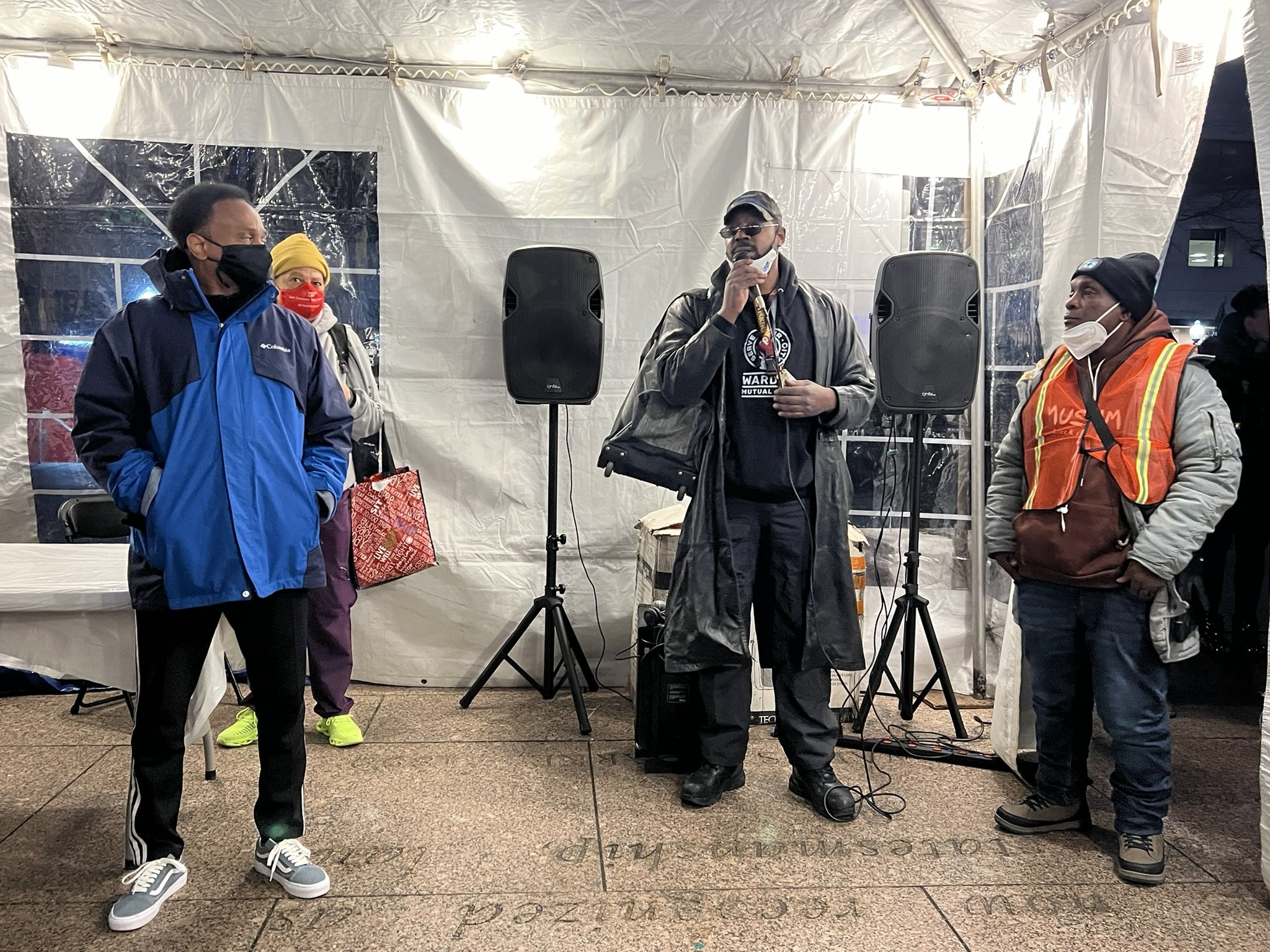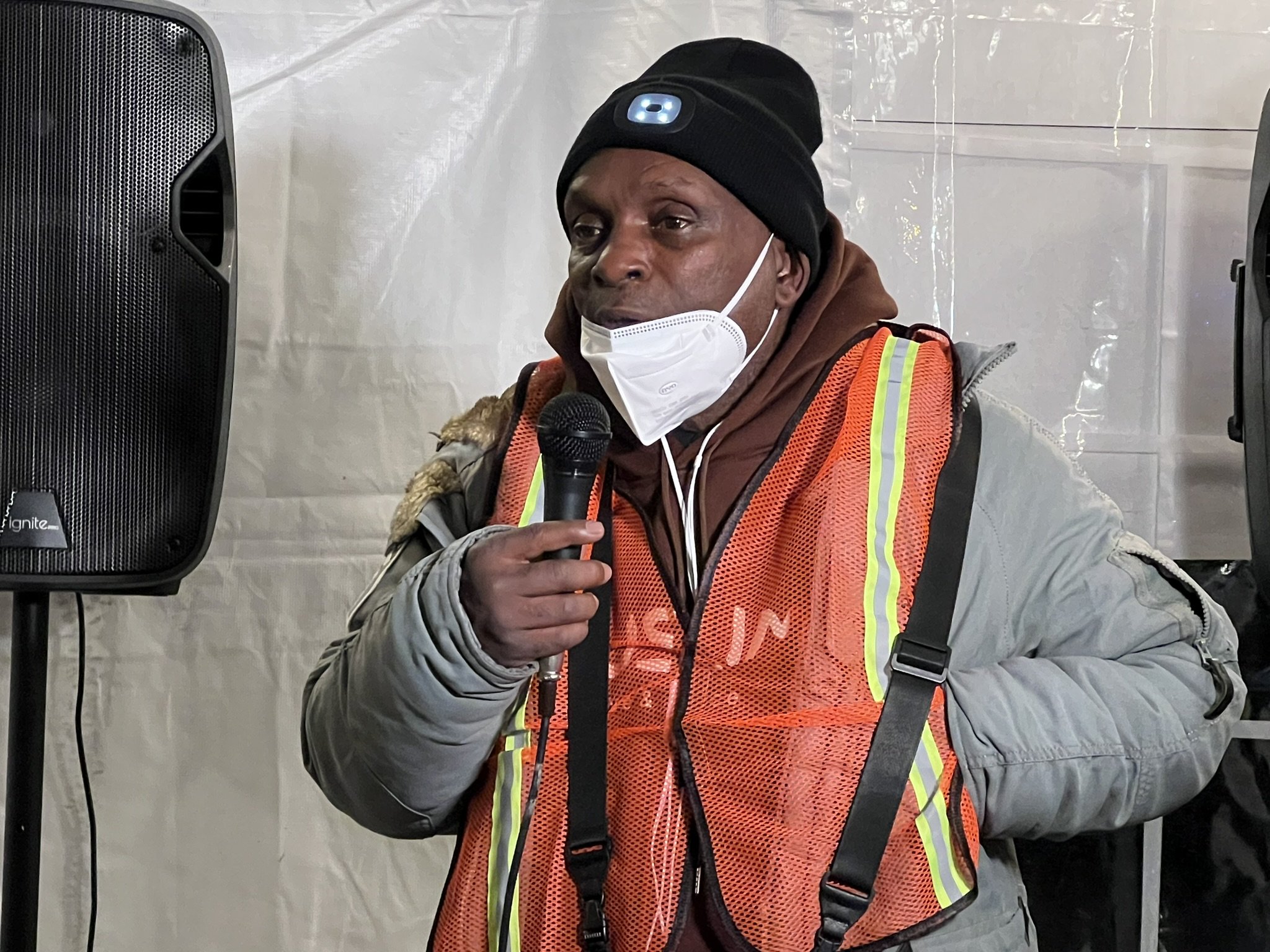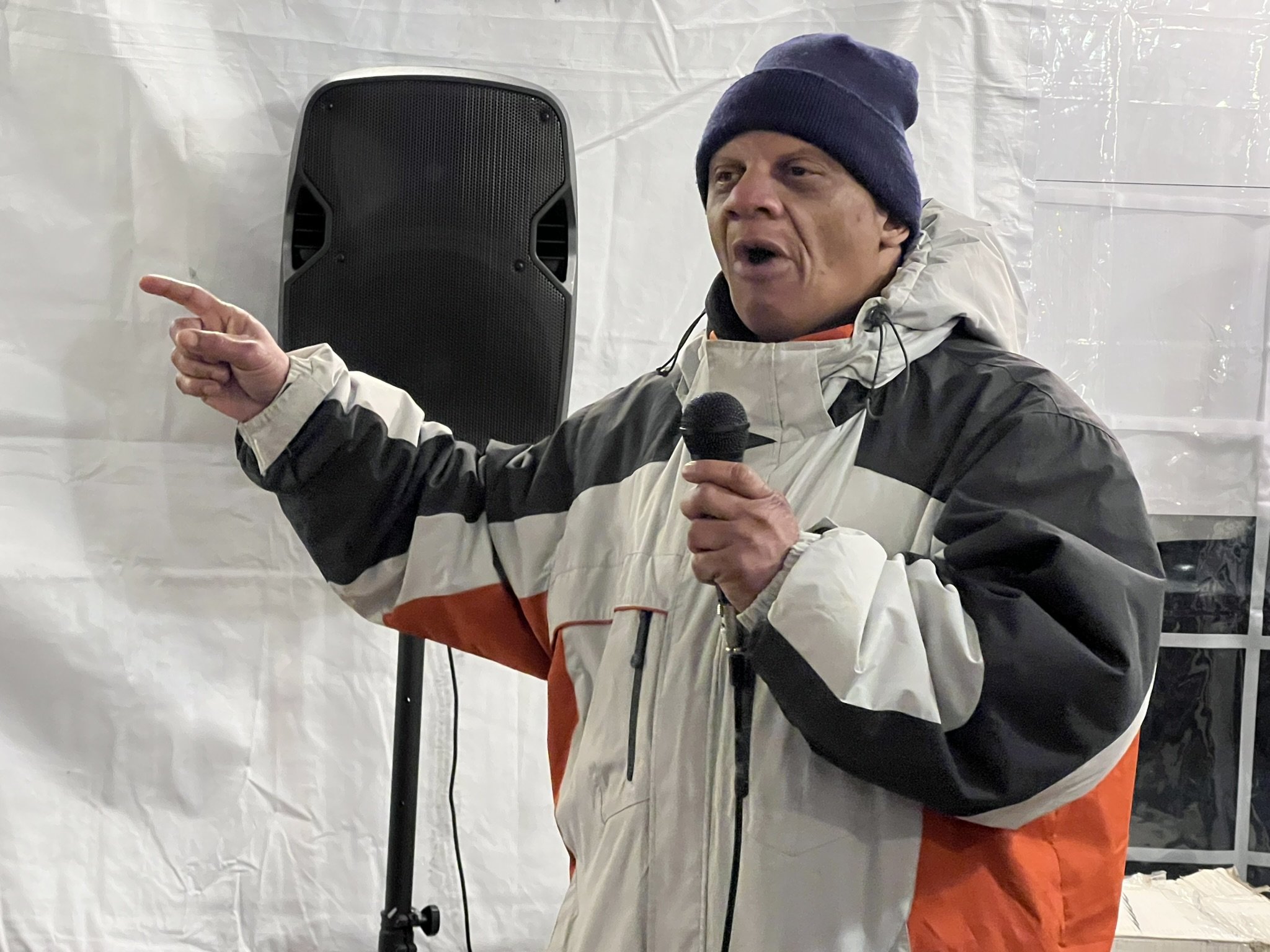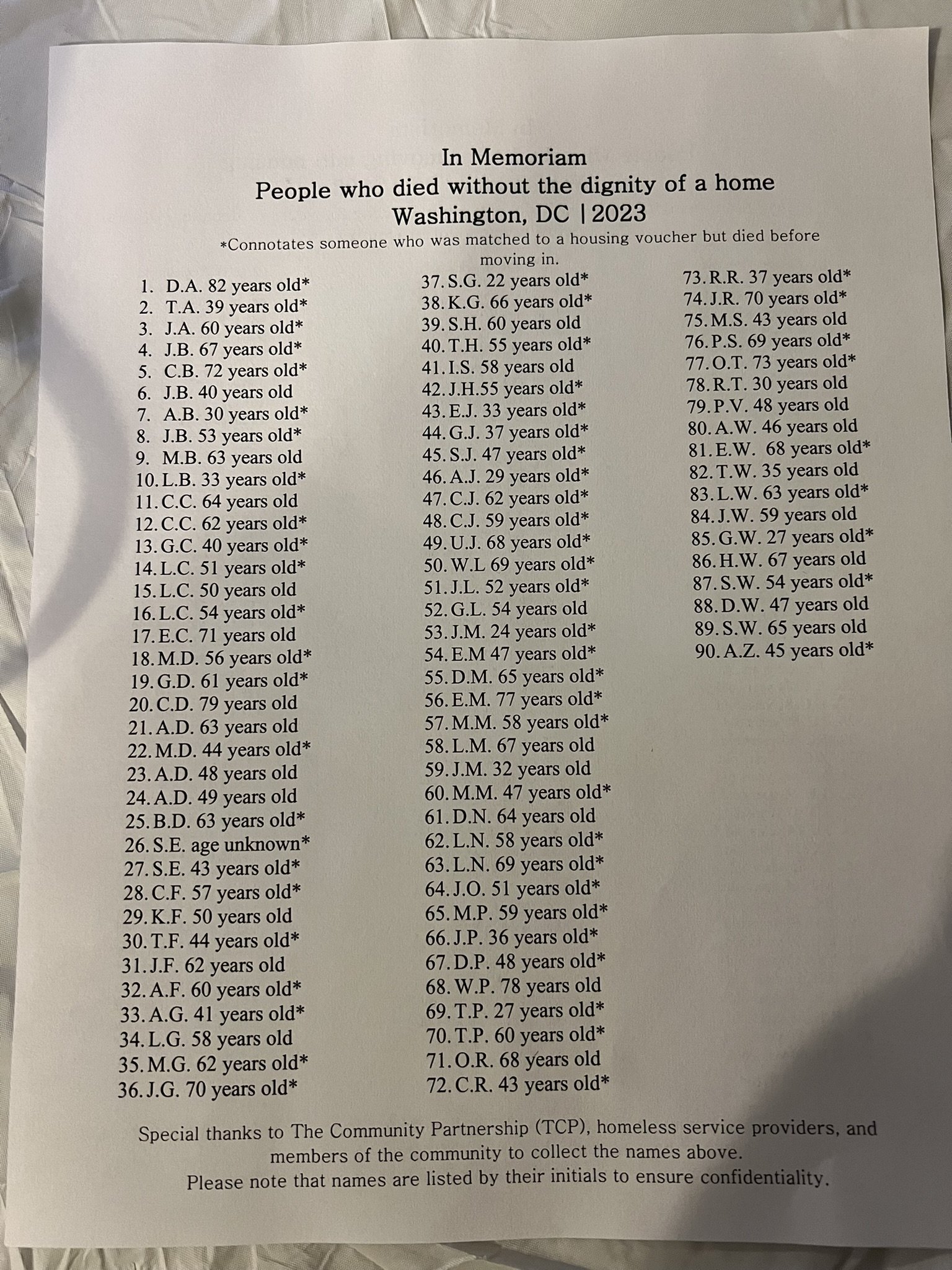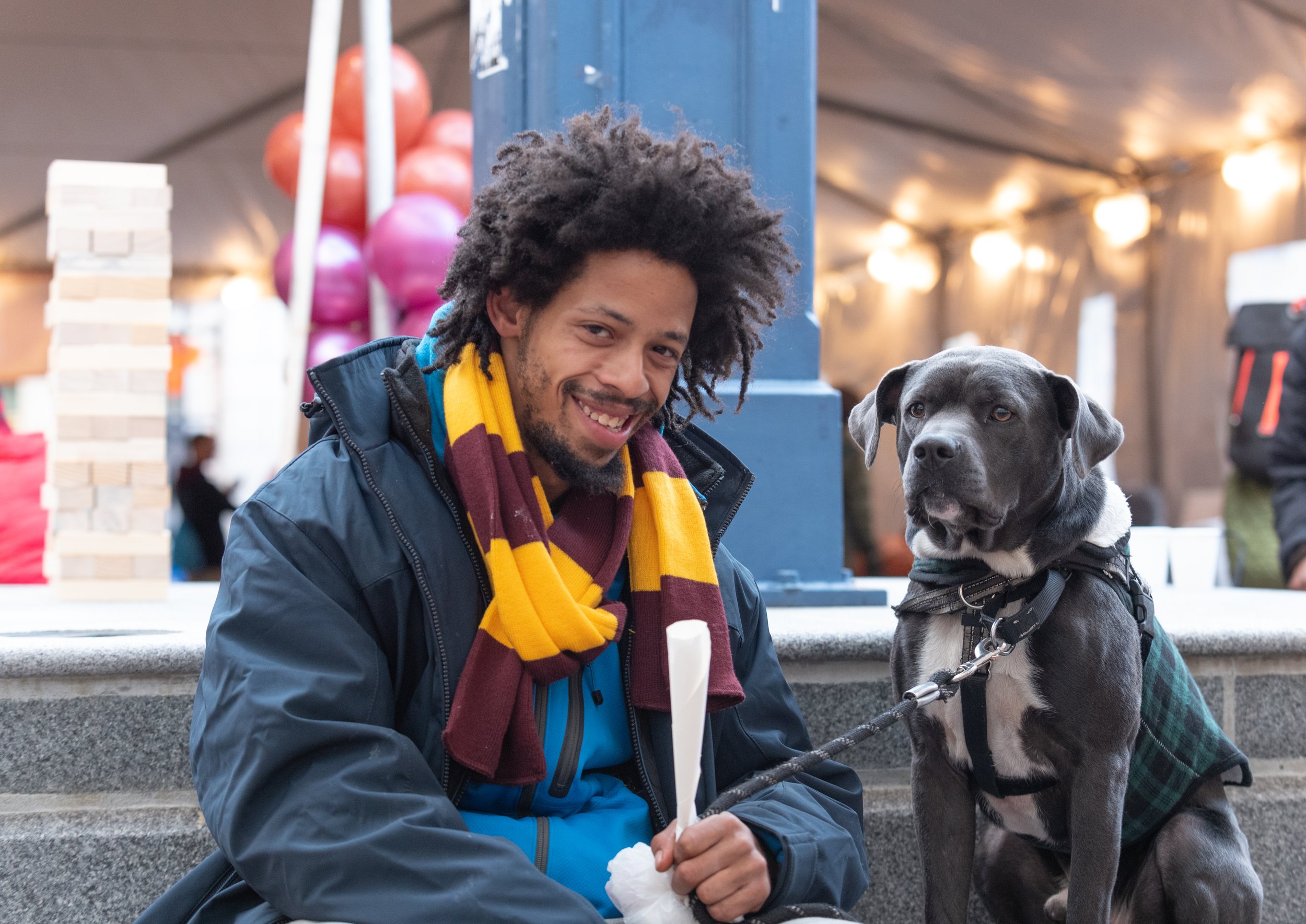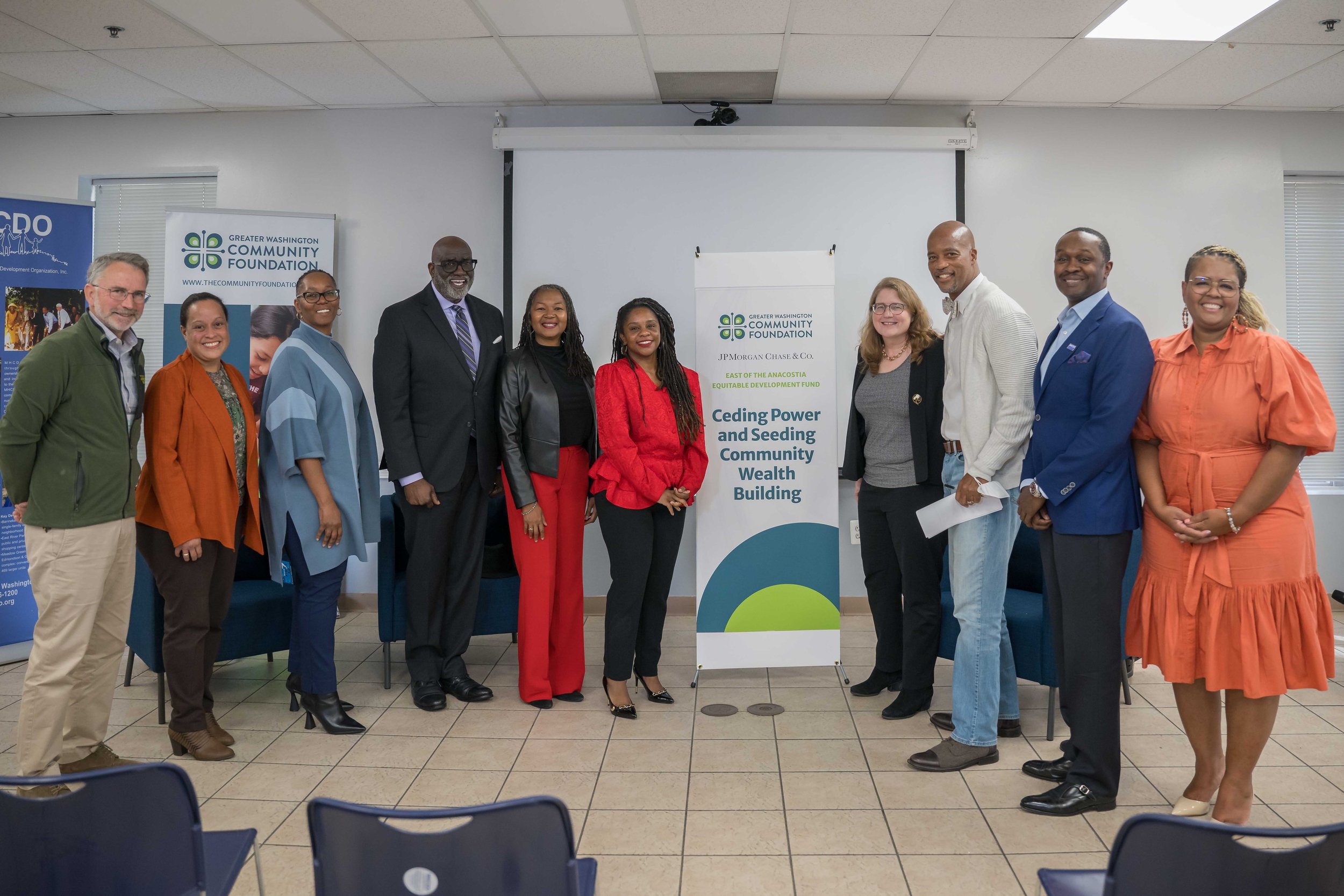On April 30, The Community Foundation hosted the 2024 Health Equity Summit at the beautiful Riverside Baptist Church in Southeast DC. The event brought together more than 200 changemakers from across the area for a day of music, speakers, and deep conversations around the pursuit of health equity, economic justice, and liberation in the Greater Washington region.
“We are here today to imagine a world where everyone can experience physical, mental, and emotional wellbeing,” The Community Foundation’s President & CEO Tonia Wellons shared in her introduction to the Summit. “A world where everyone can thrive in a non-extractive economy and a world where harm has been repaired and everyone can be made whole.”
“It’s easy to step into a space and merely provide healthcare,” added Dr. Tollie Elliott, CEO of Mary’s Center and member of the Health Equity Fund governance Committee. “However, if we want to create a truly impactful, innovative system, we need to start doing things differently -- departing from the traditional route and enacting truly transformational work to make lives better in the District of Columbia.”
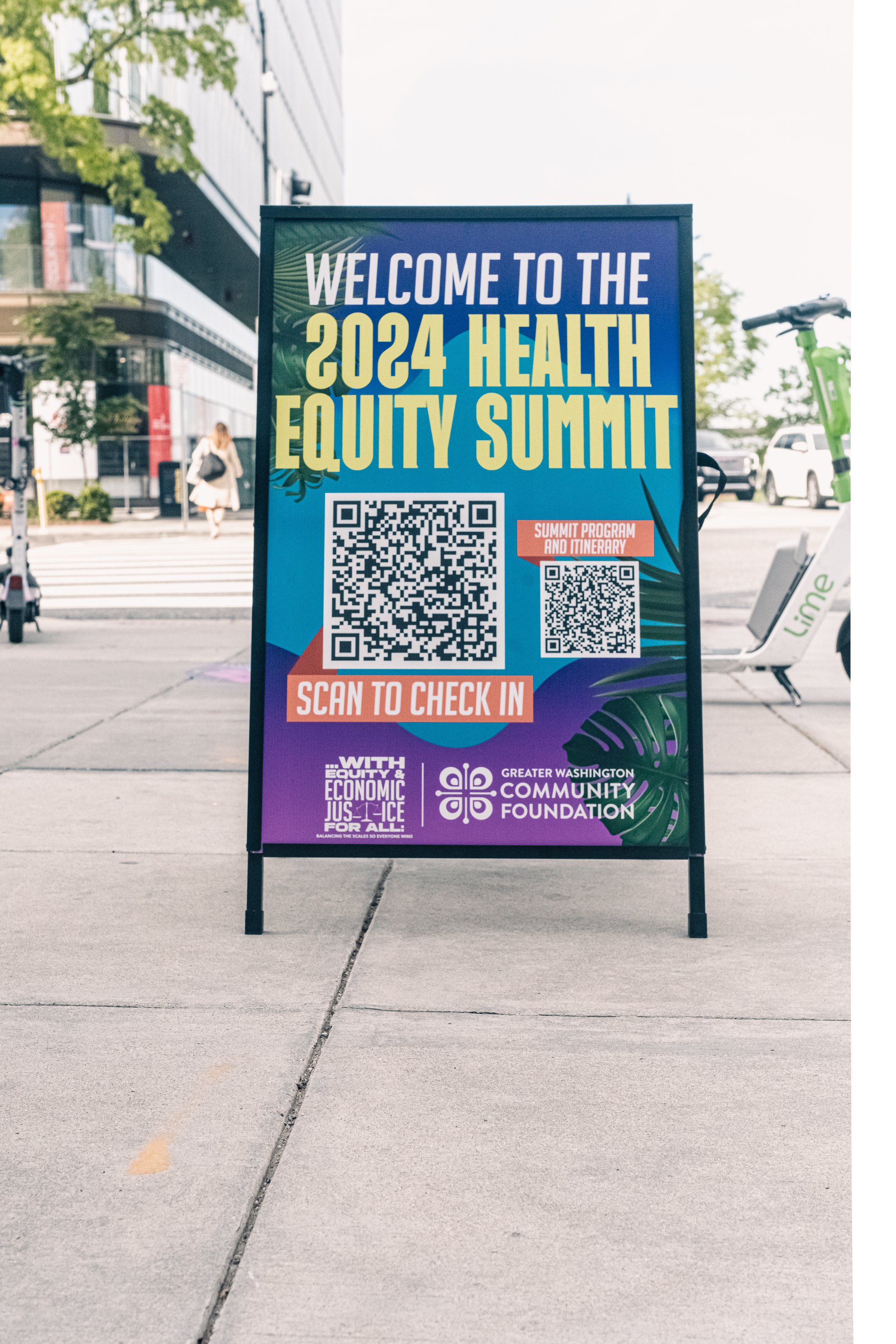
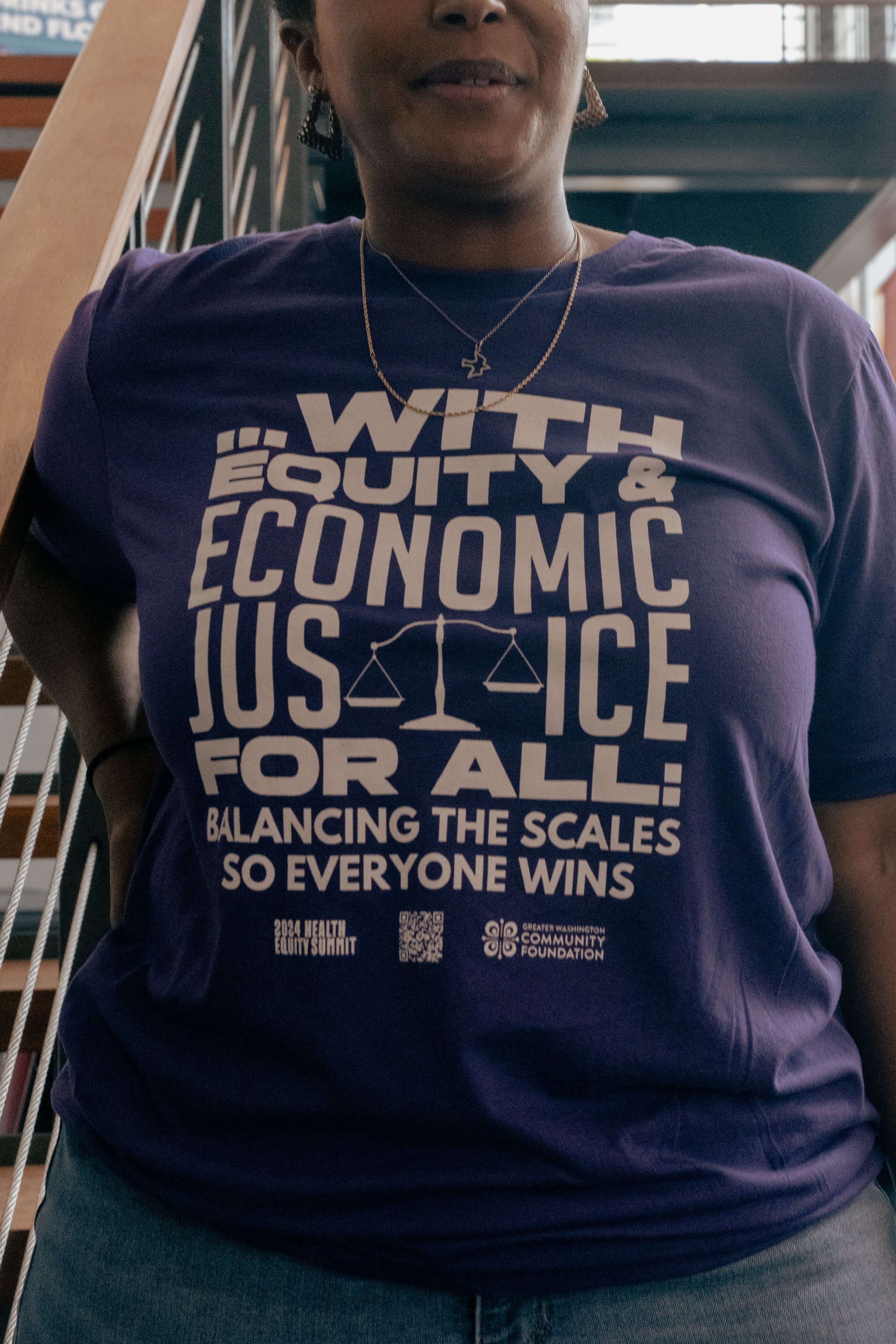
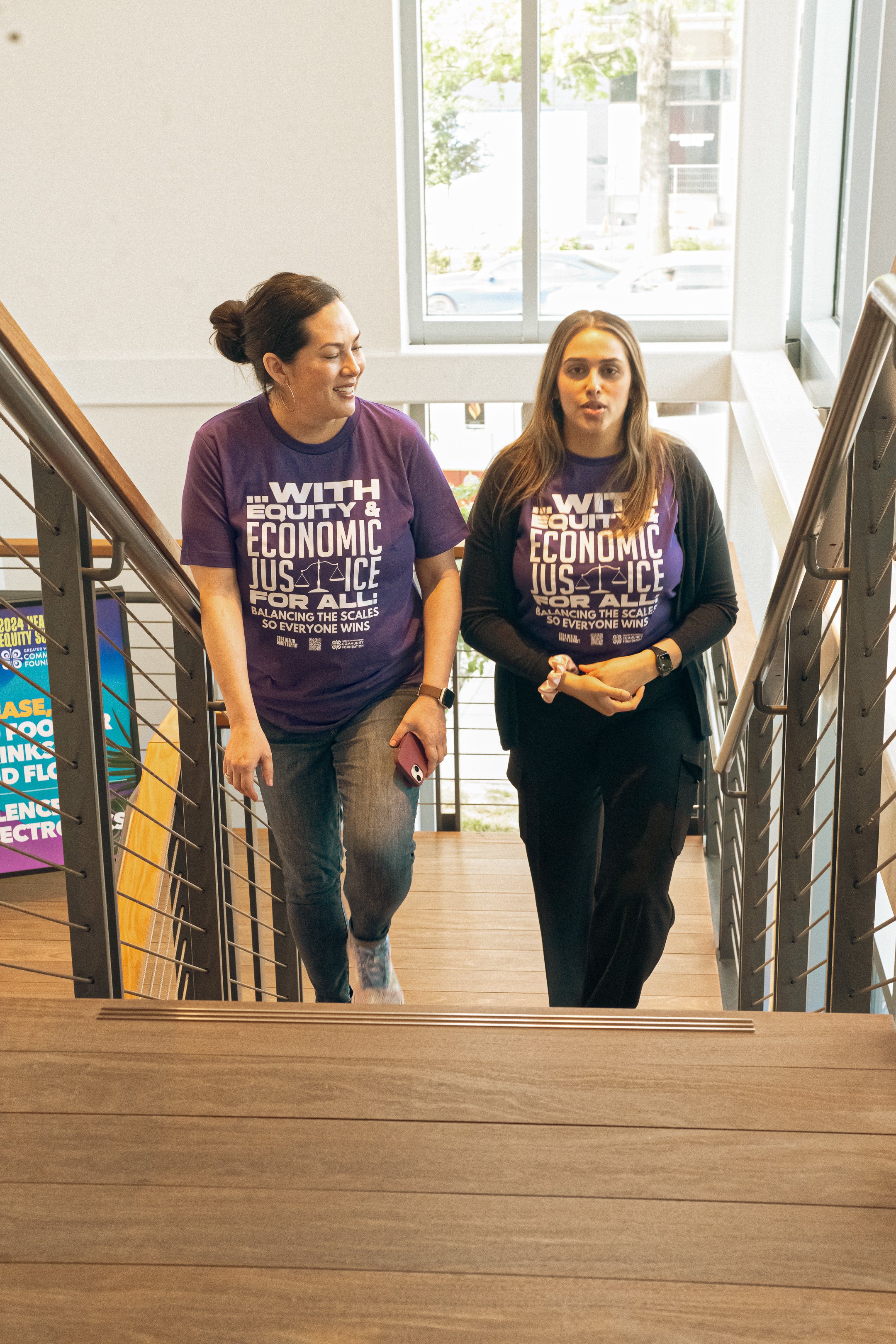
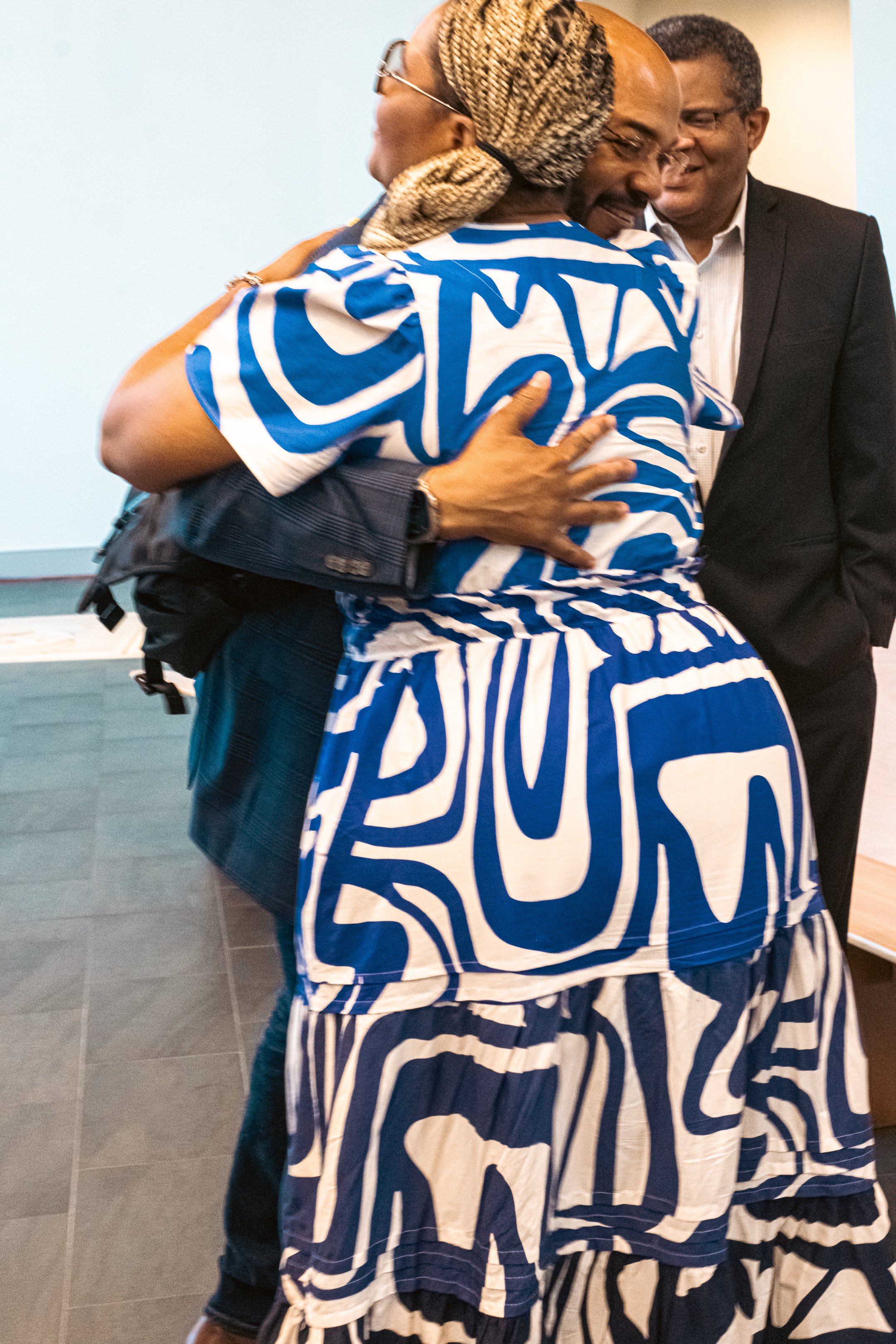
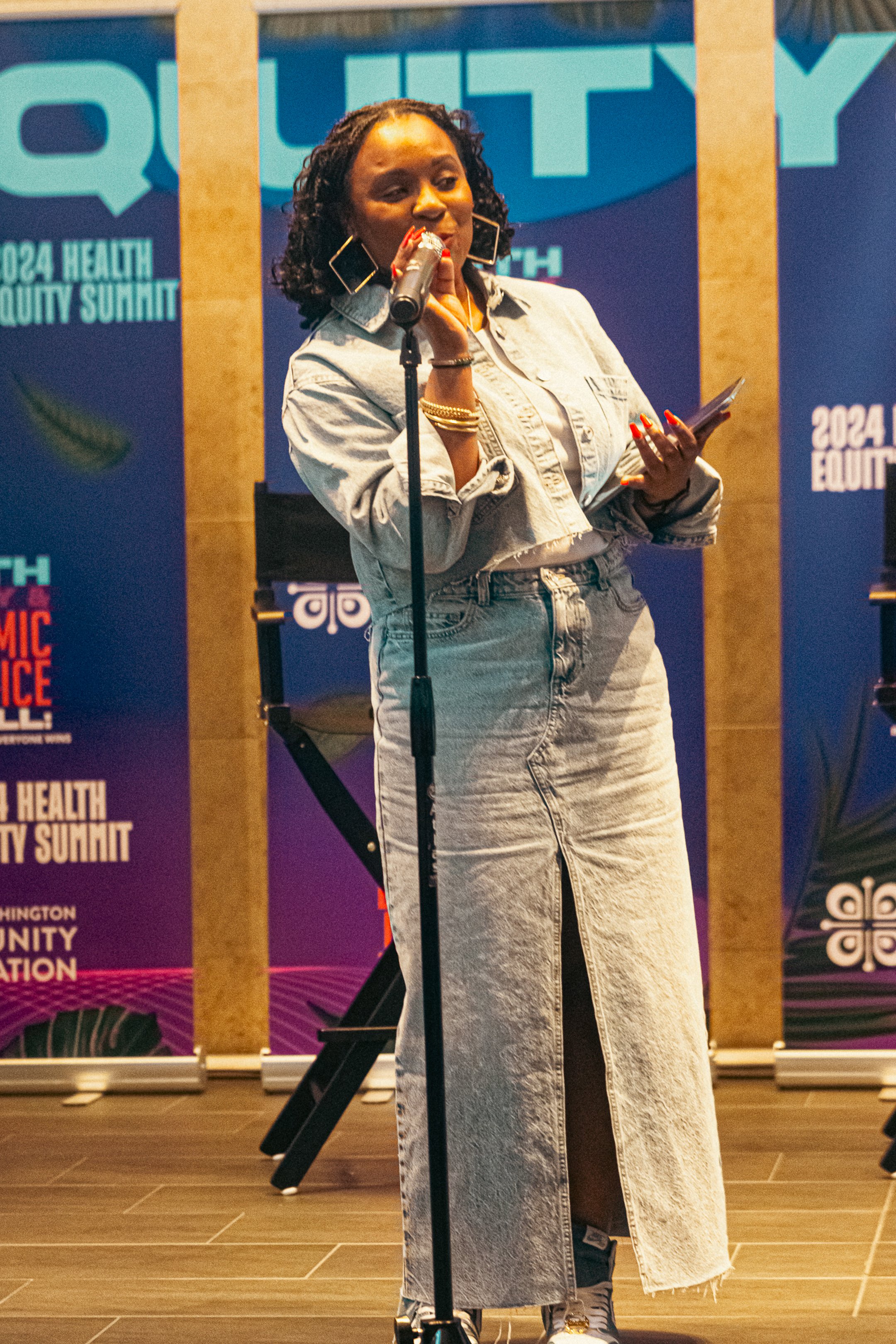
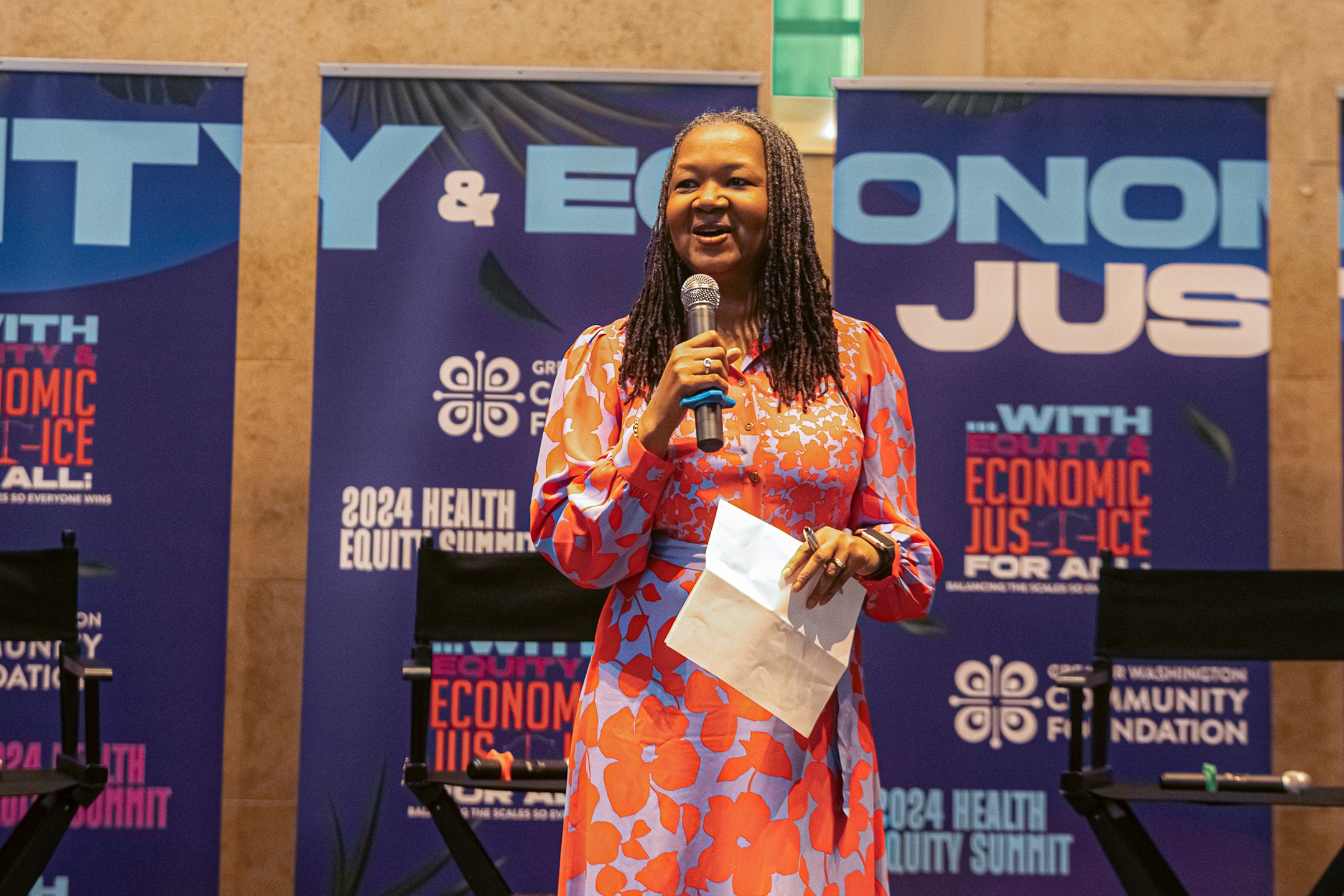
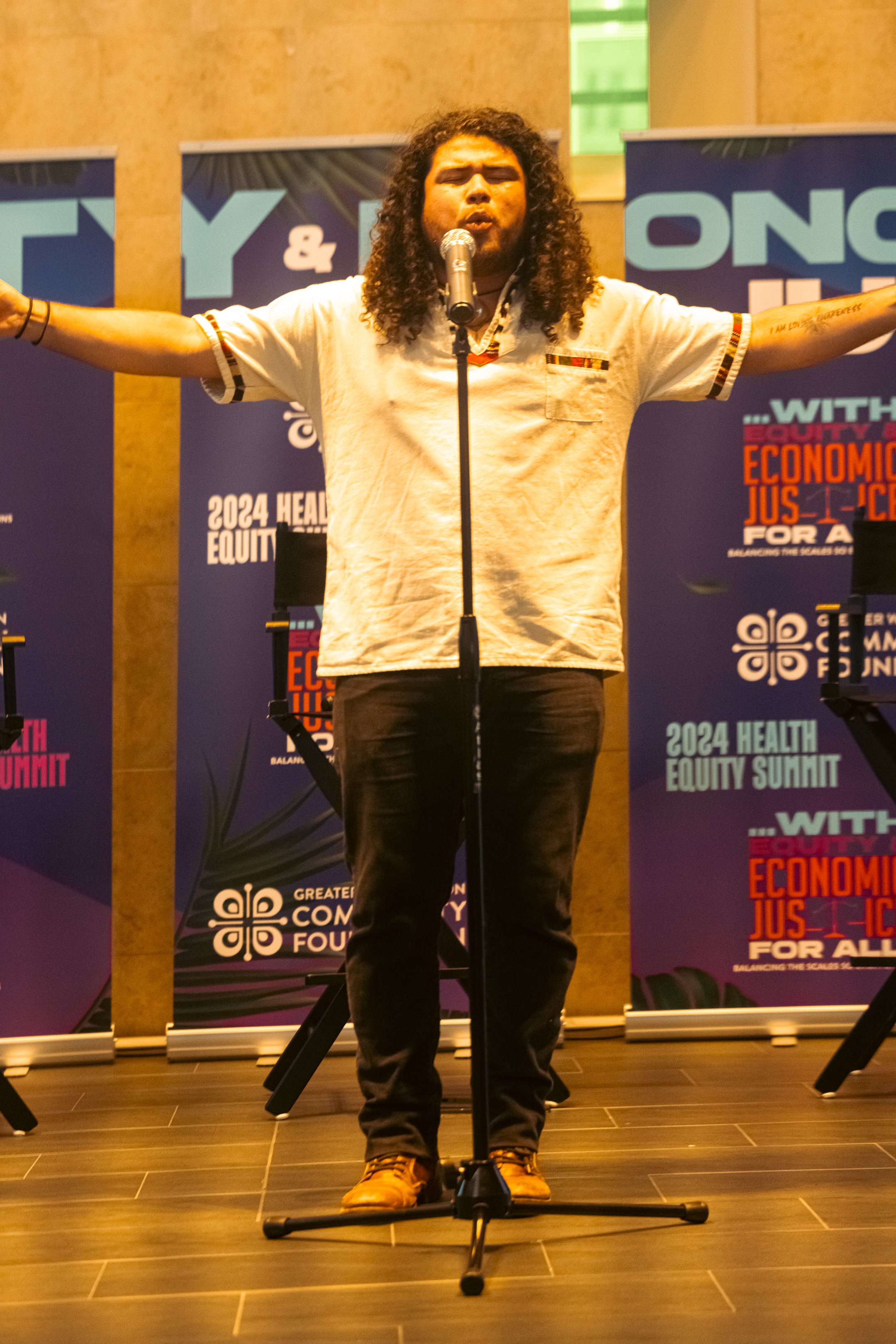
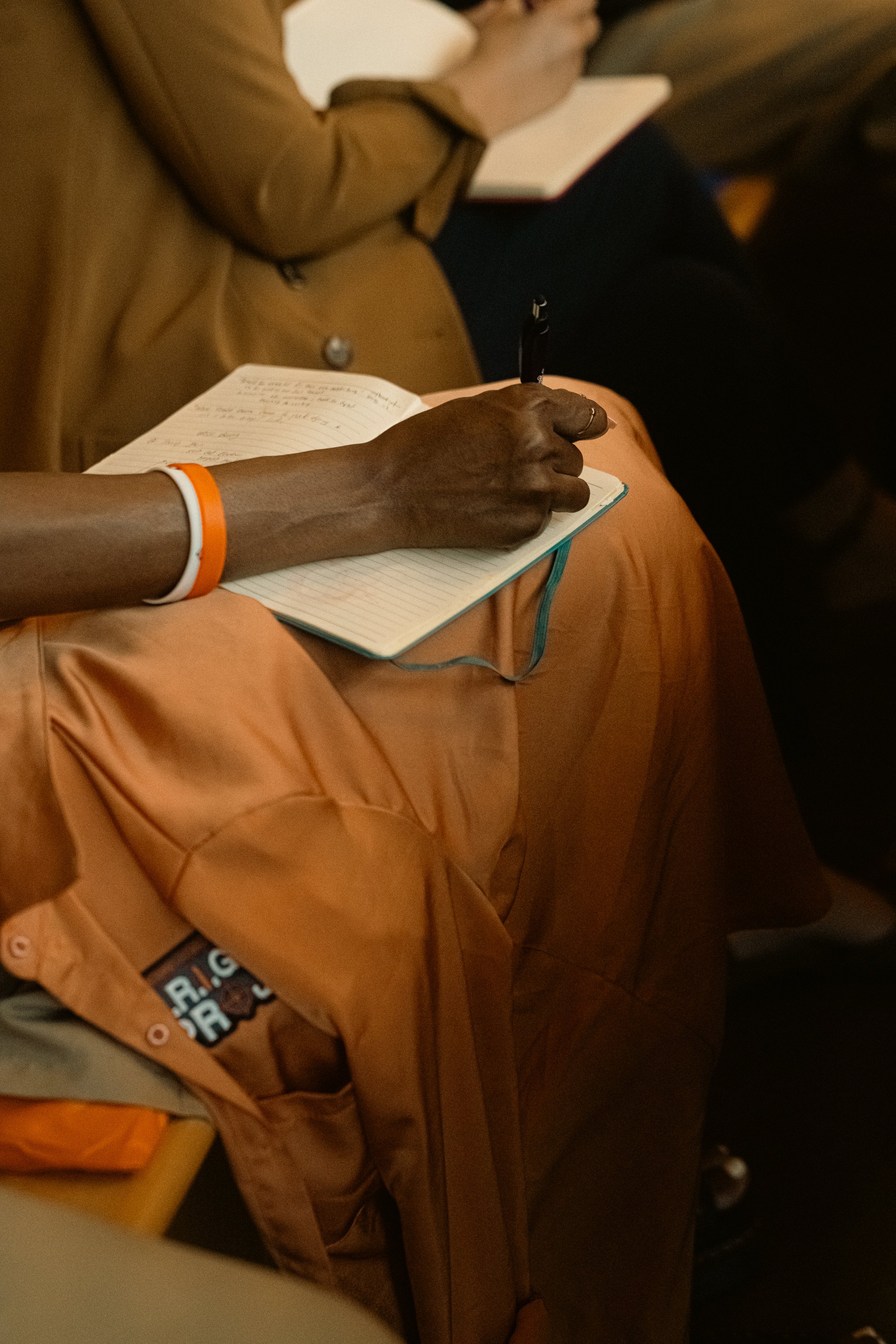
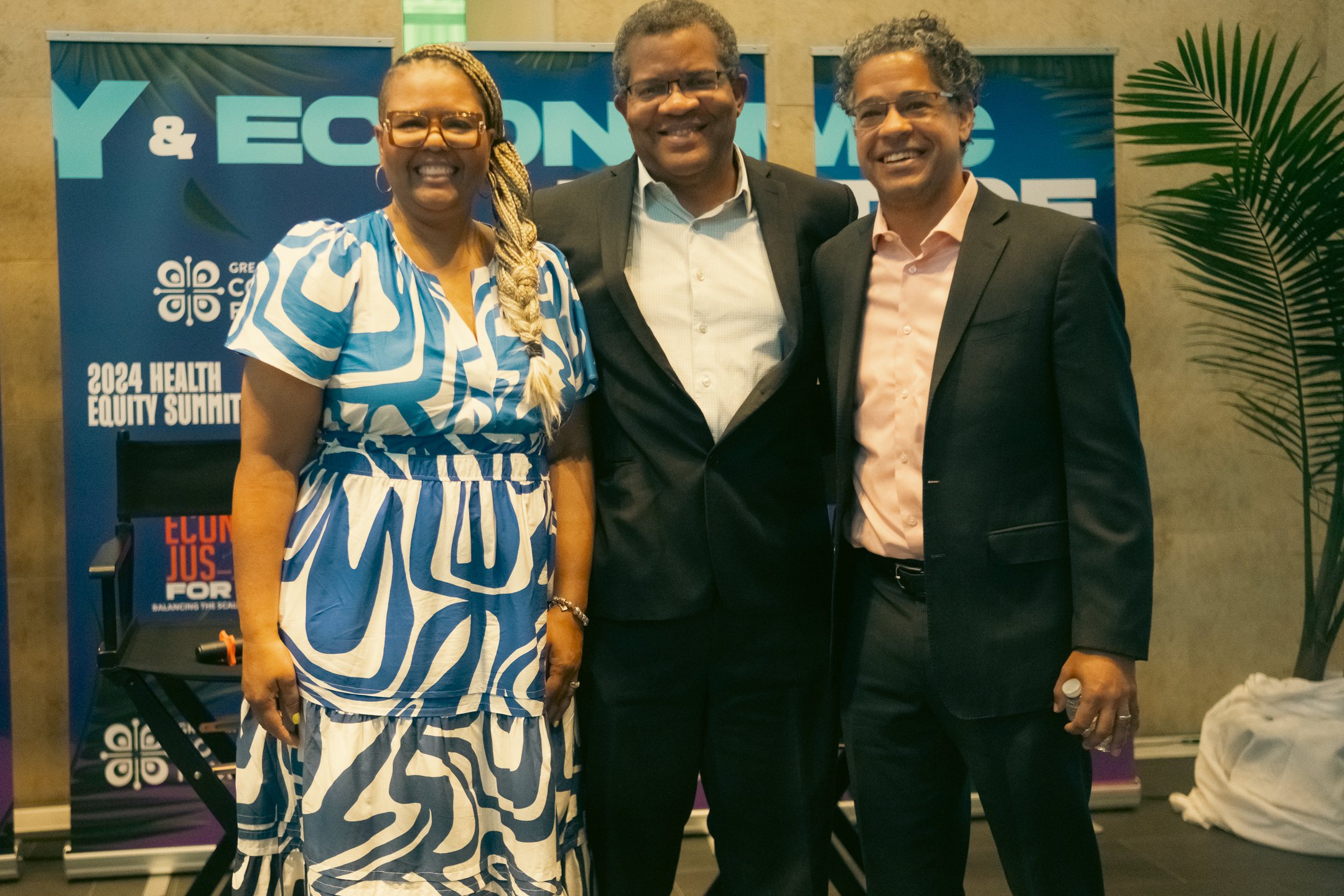
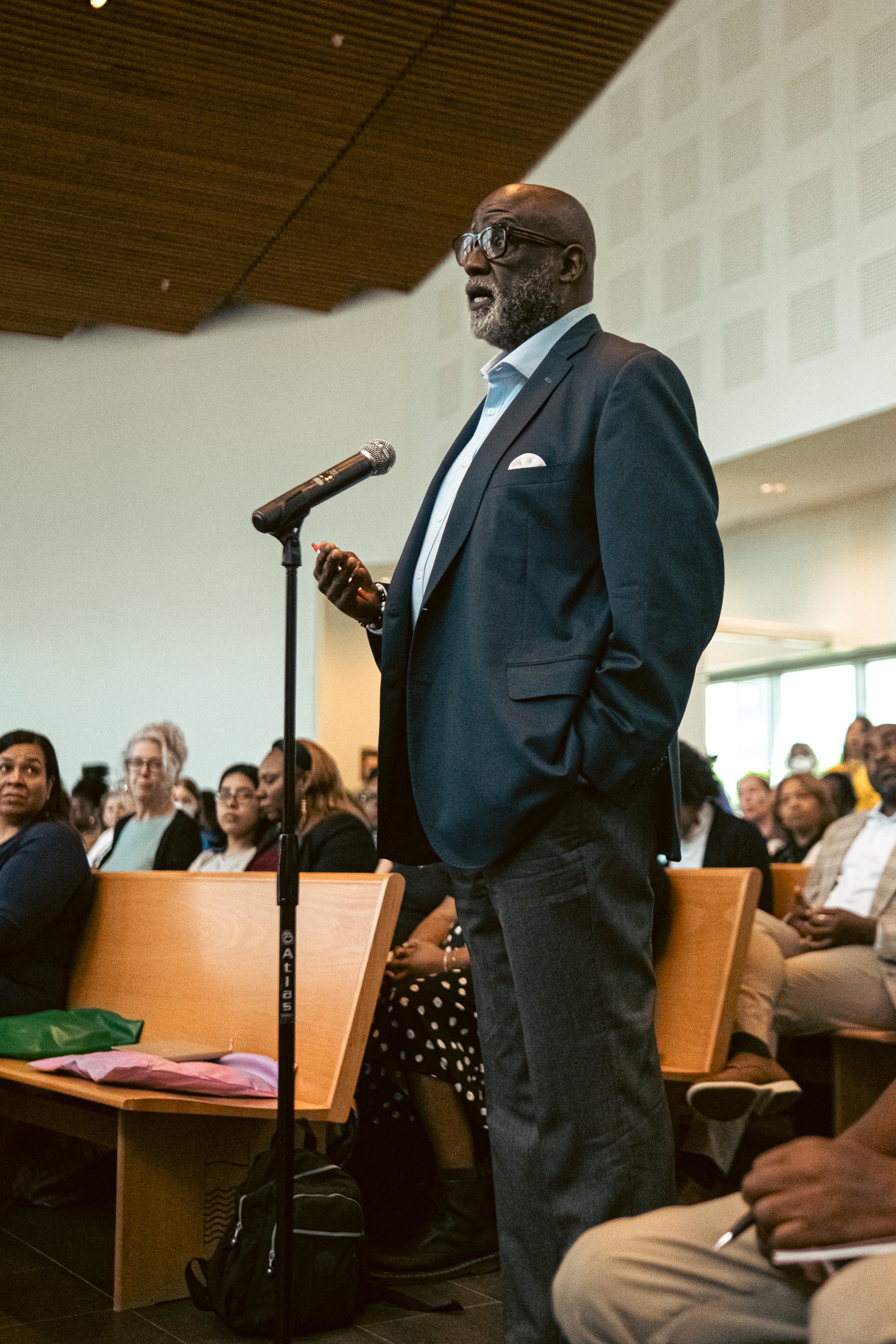
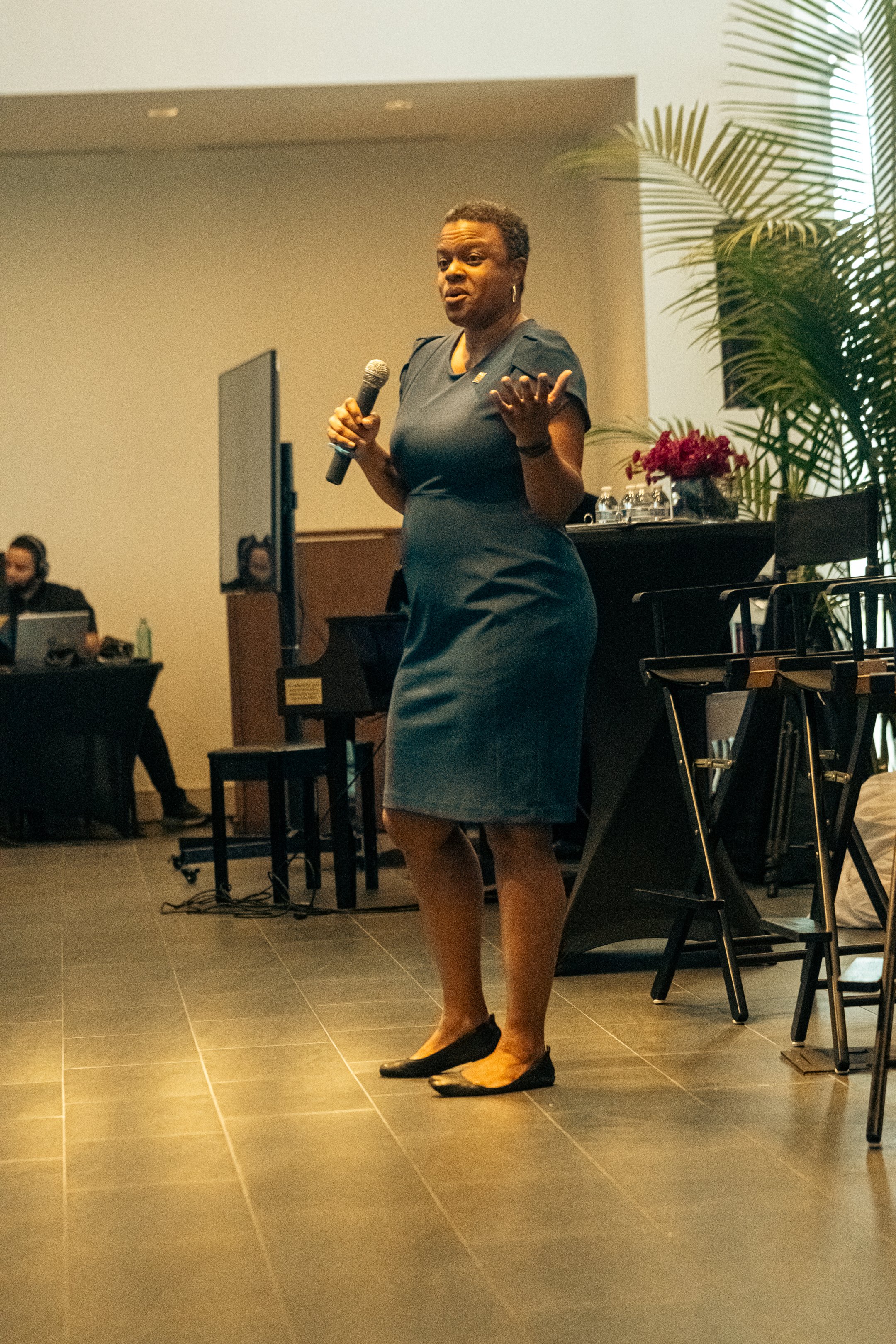
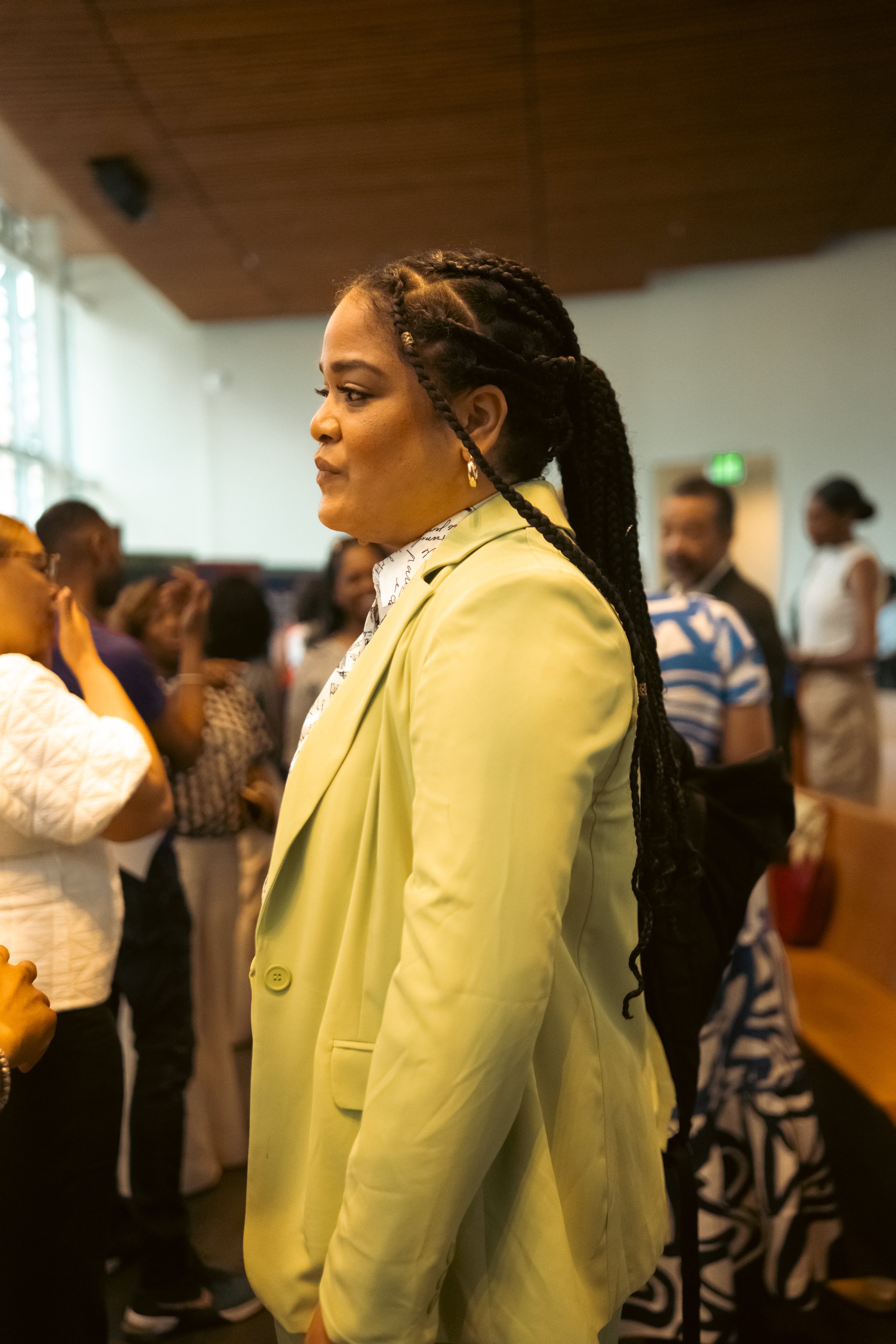
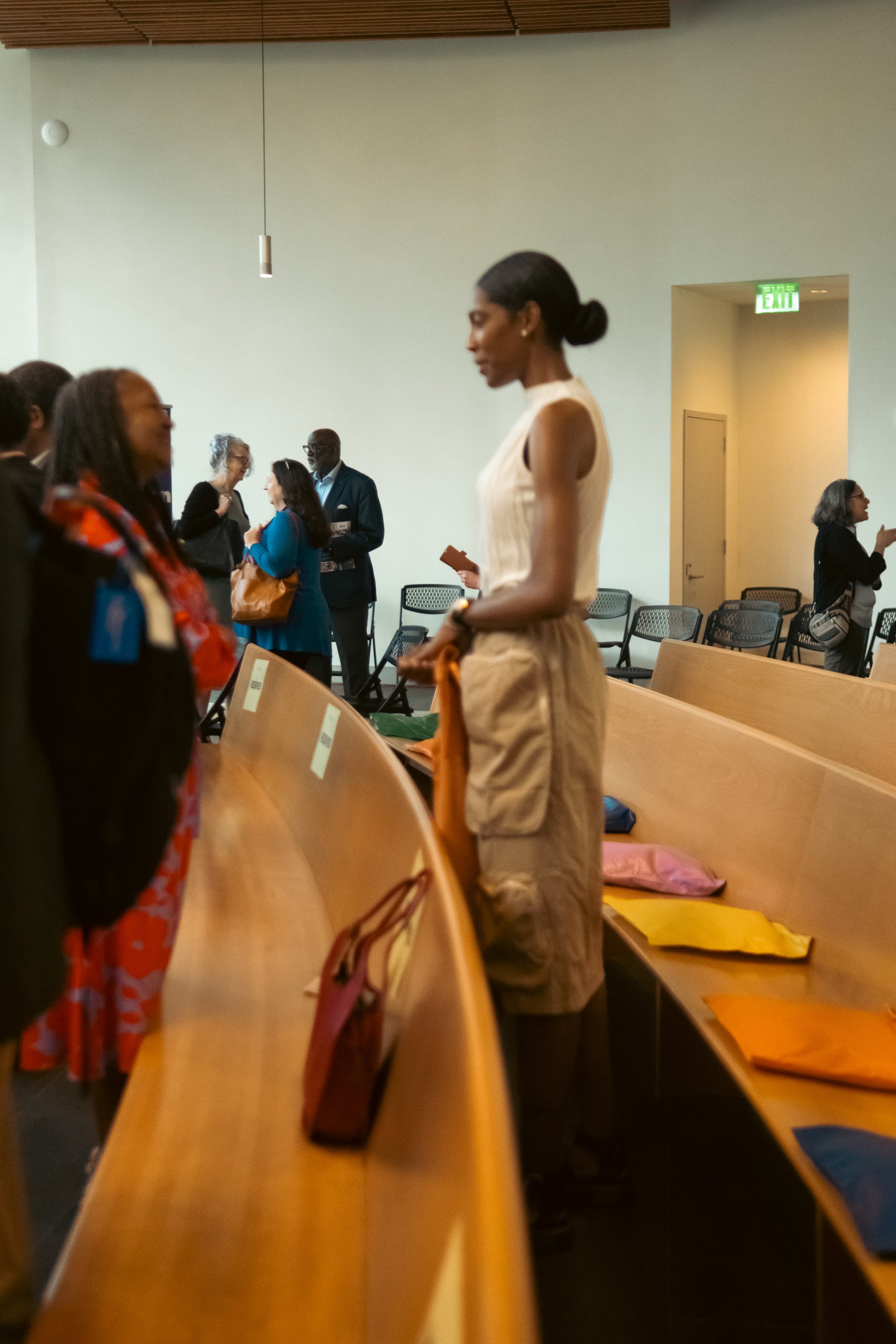
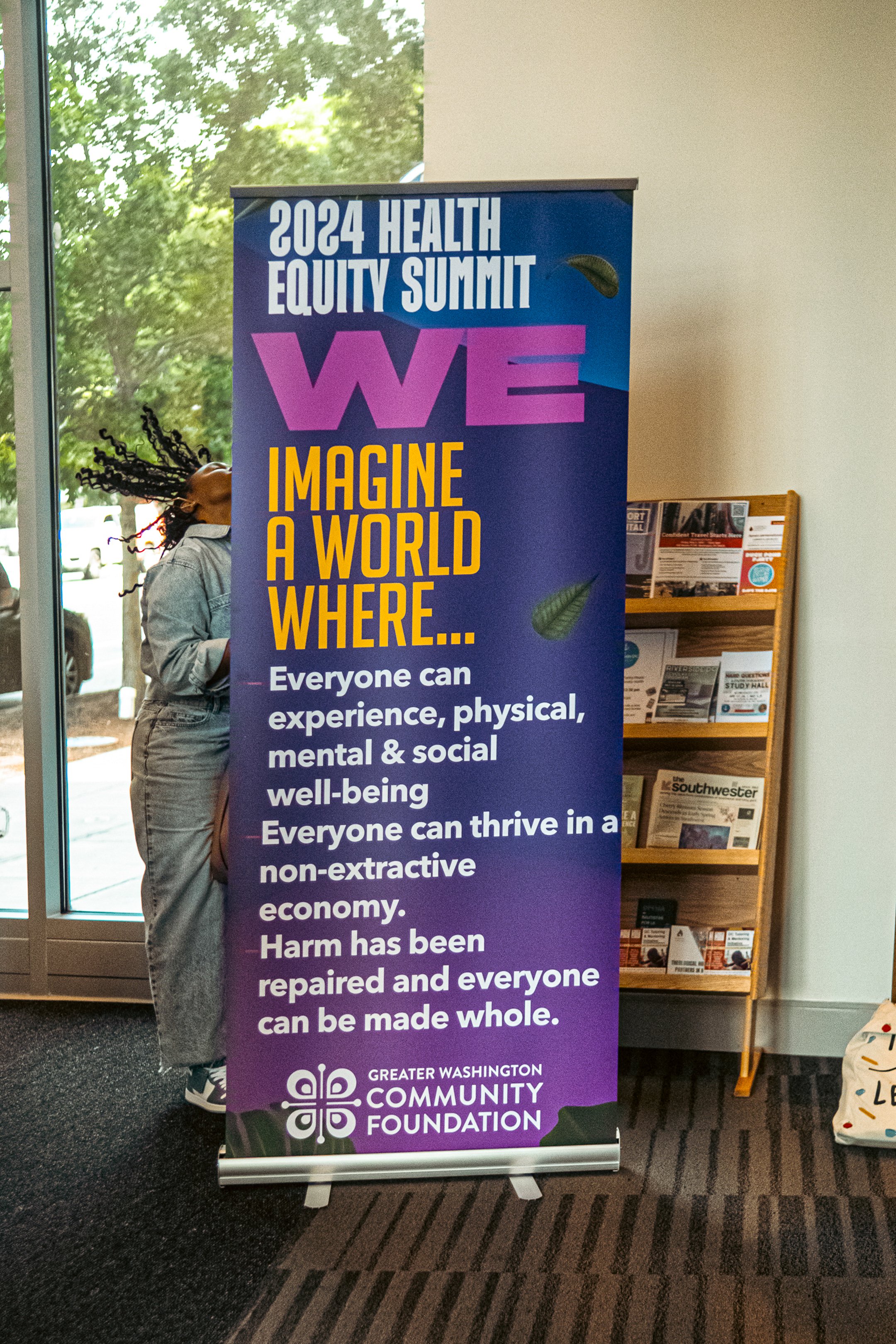
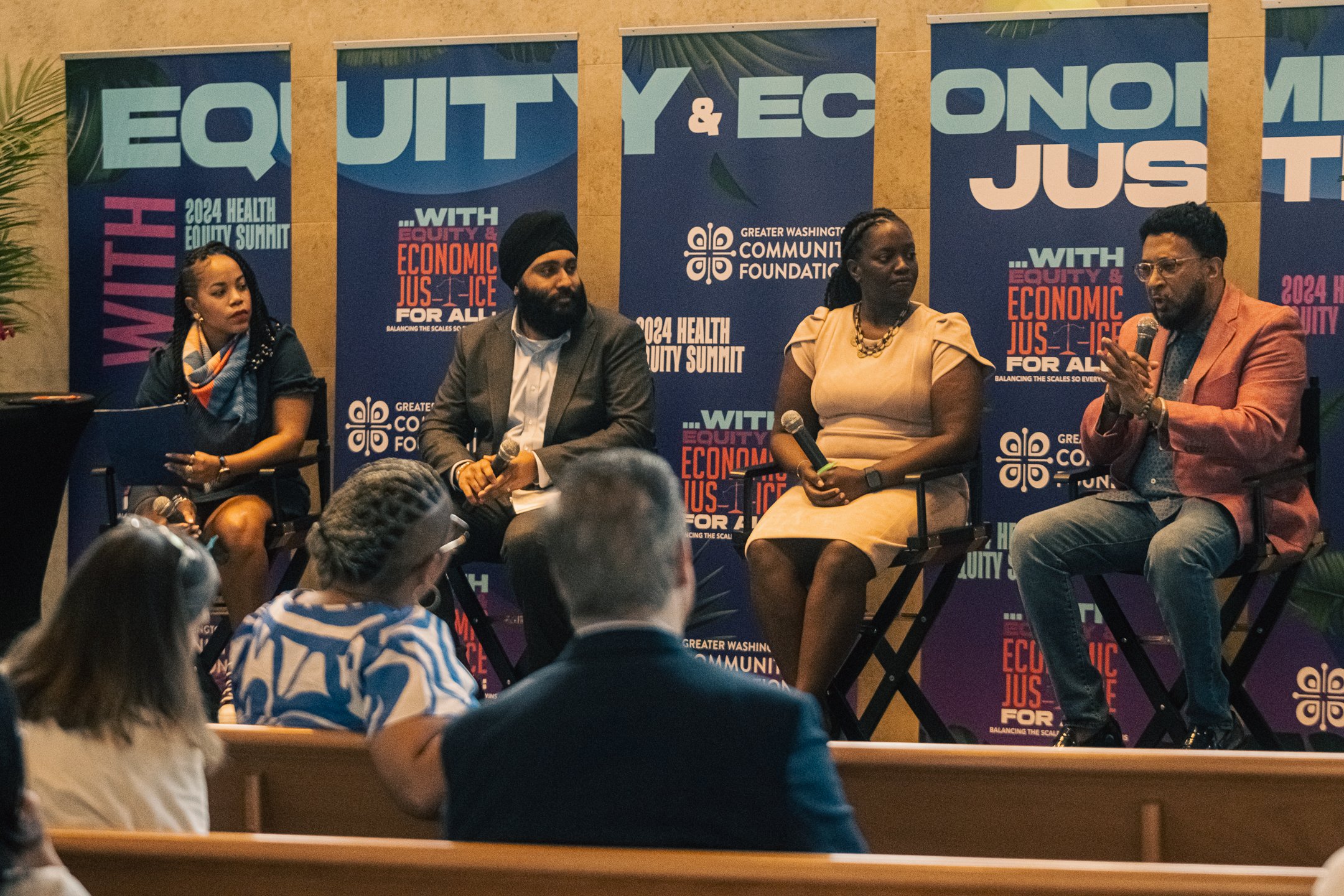
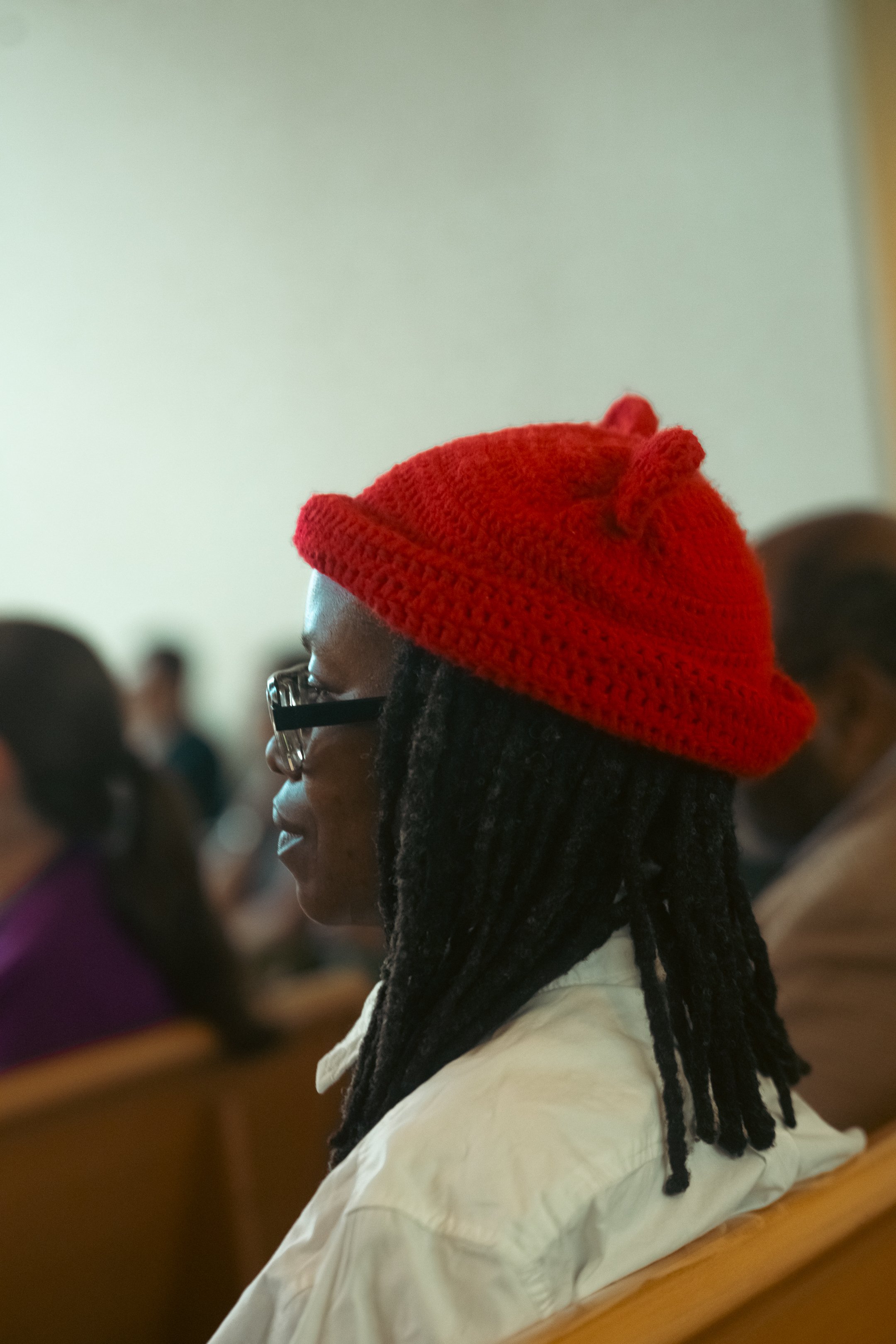
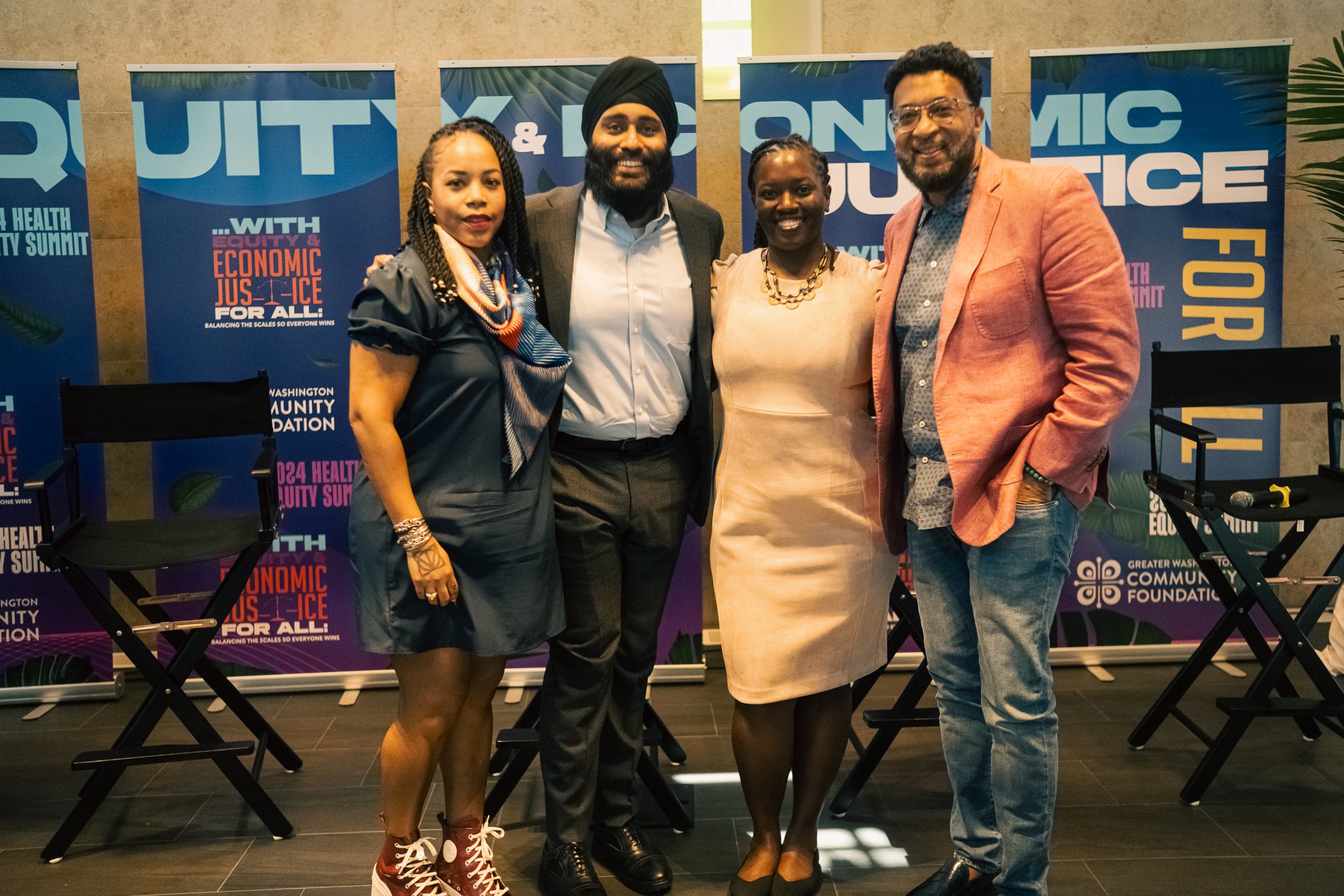
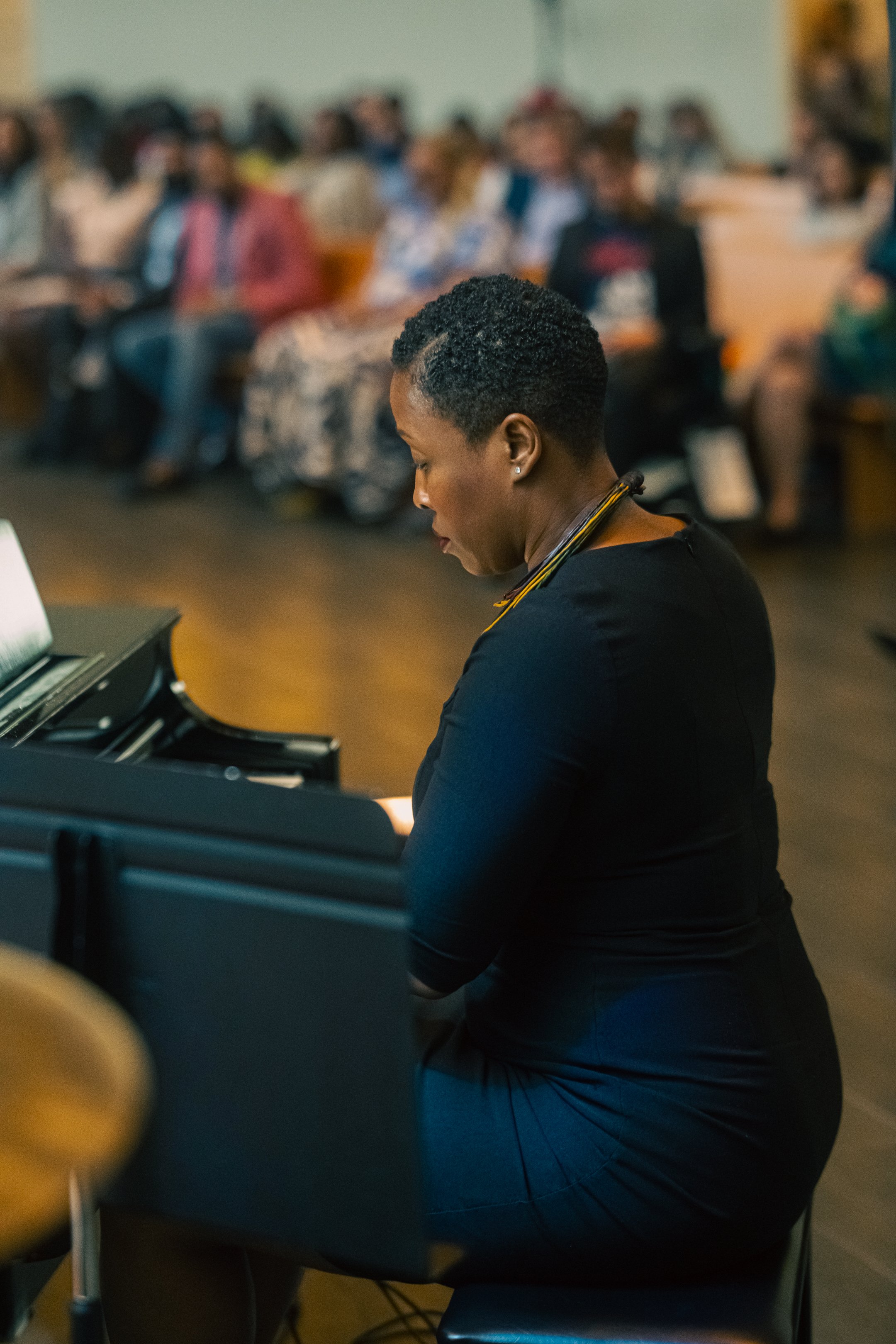
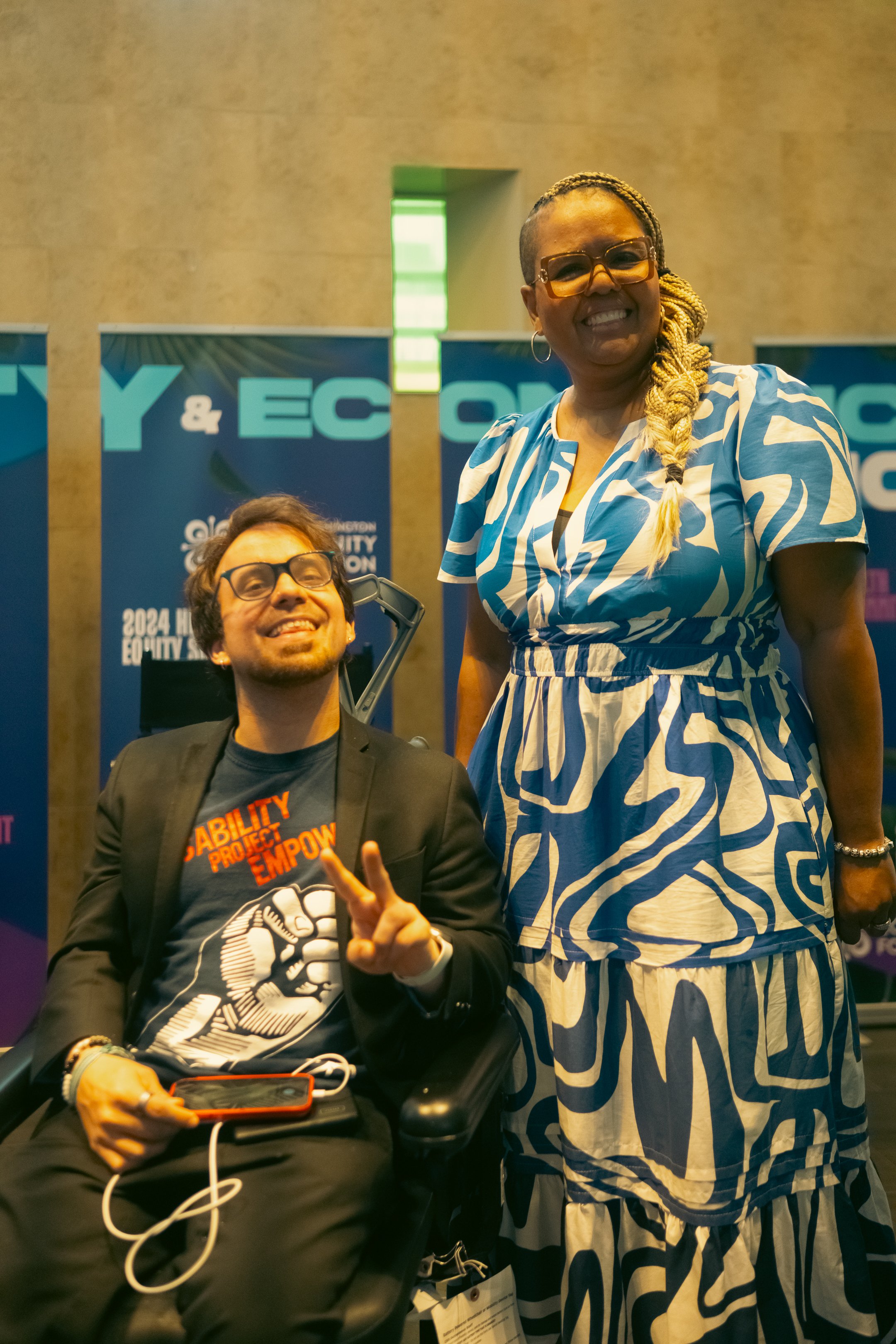
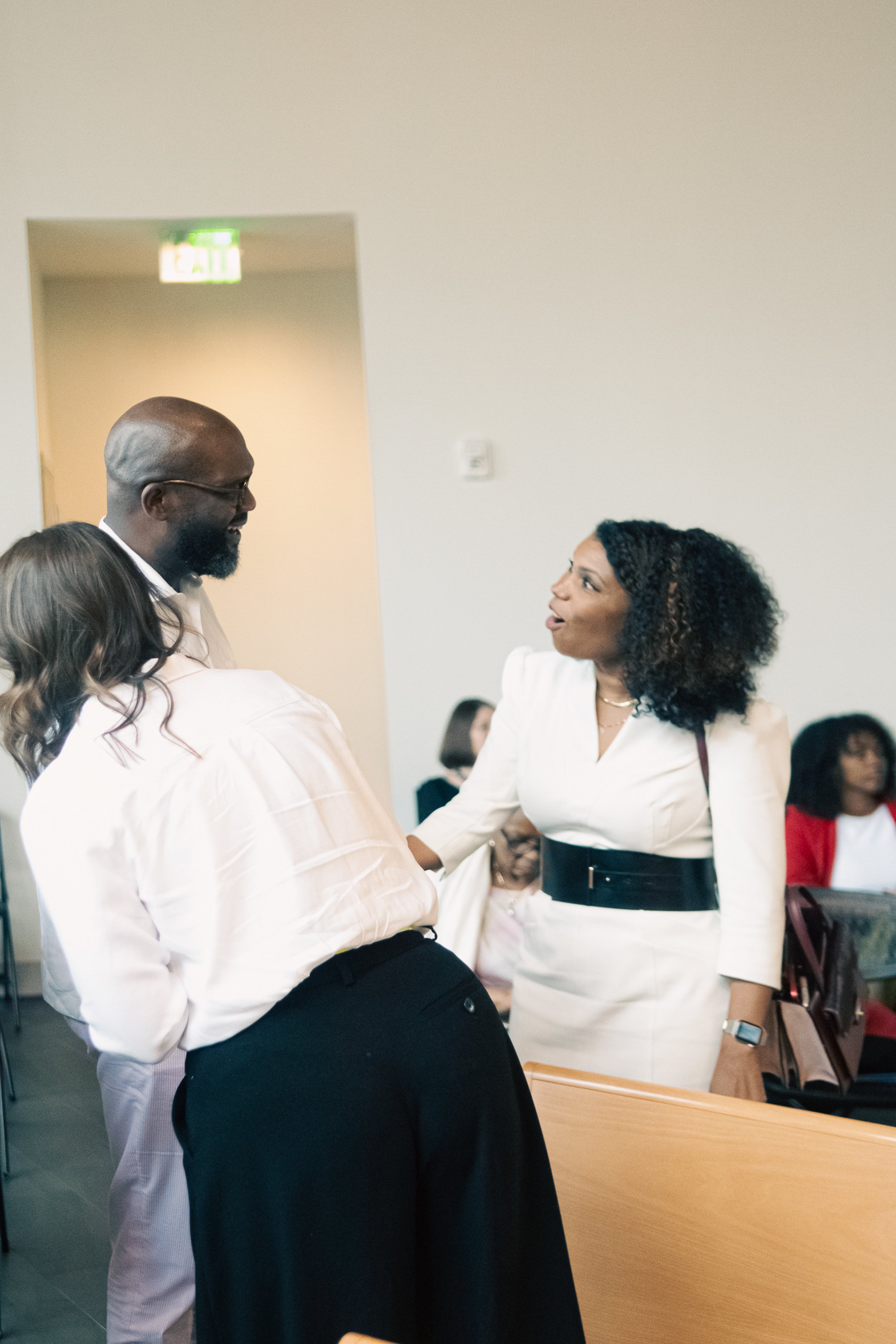
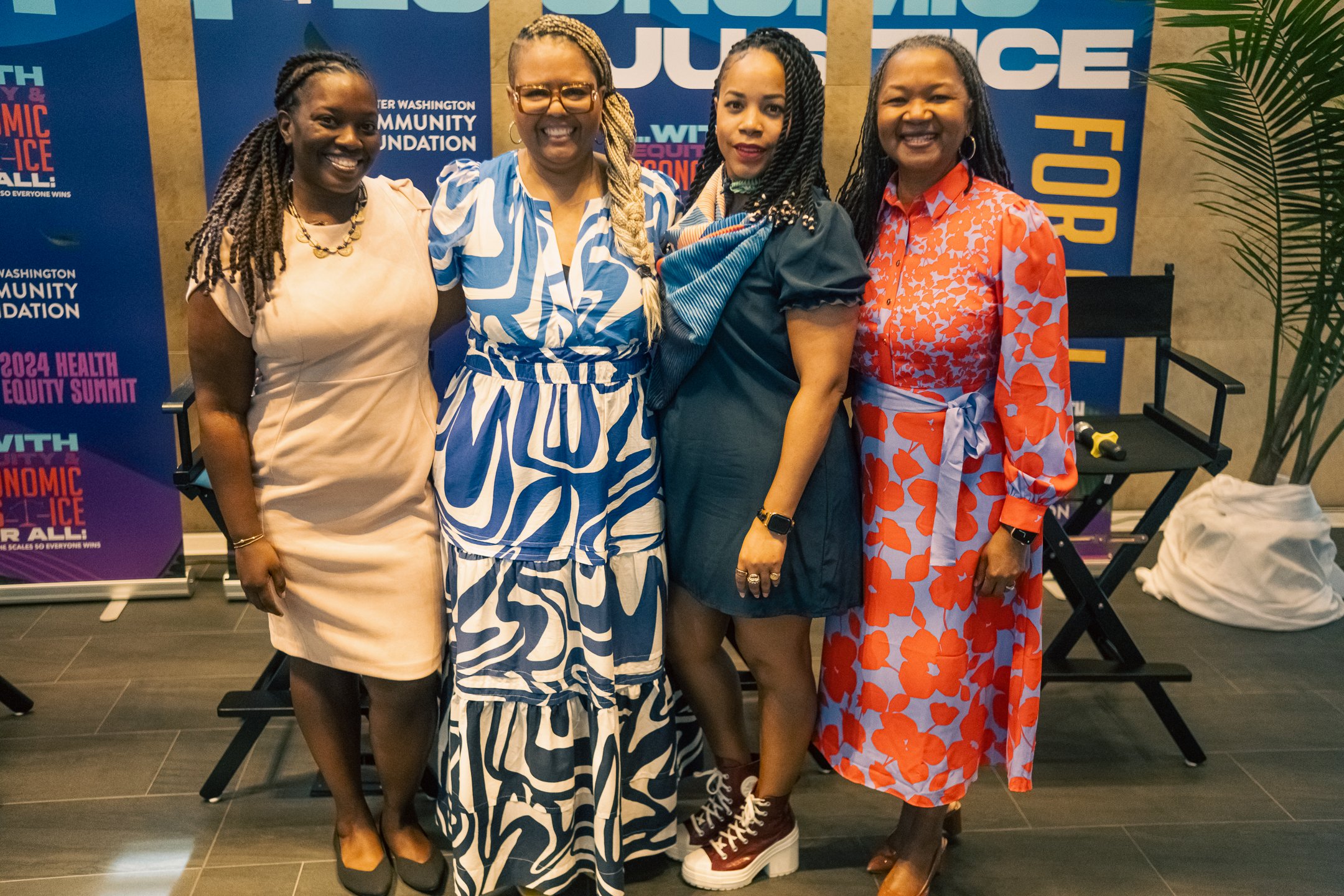
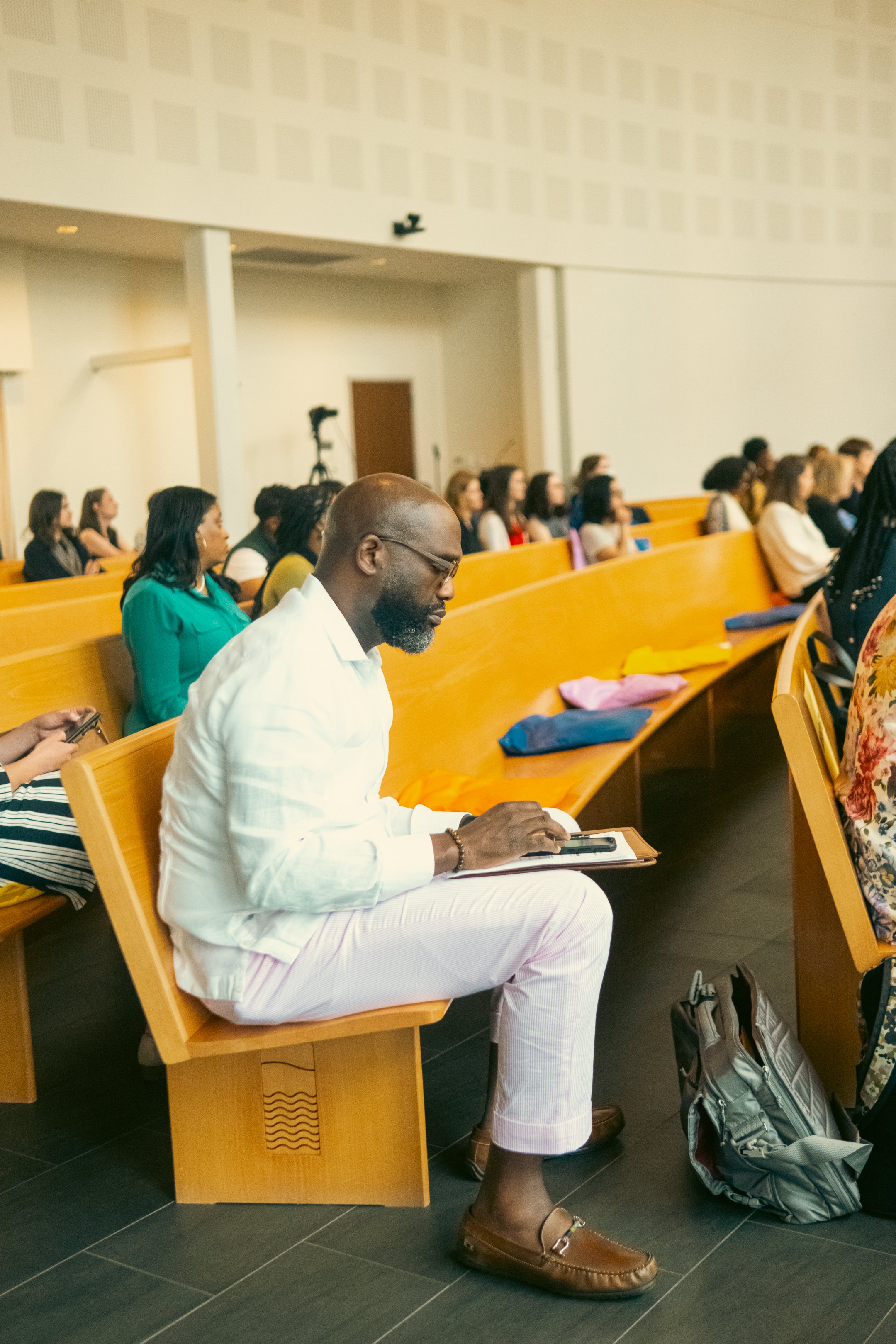
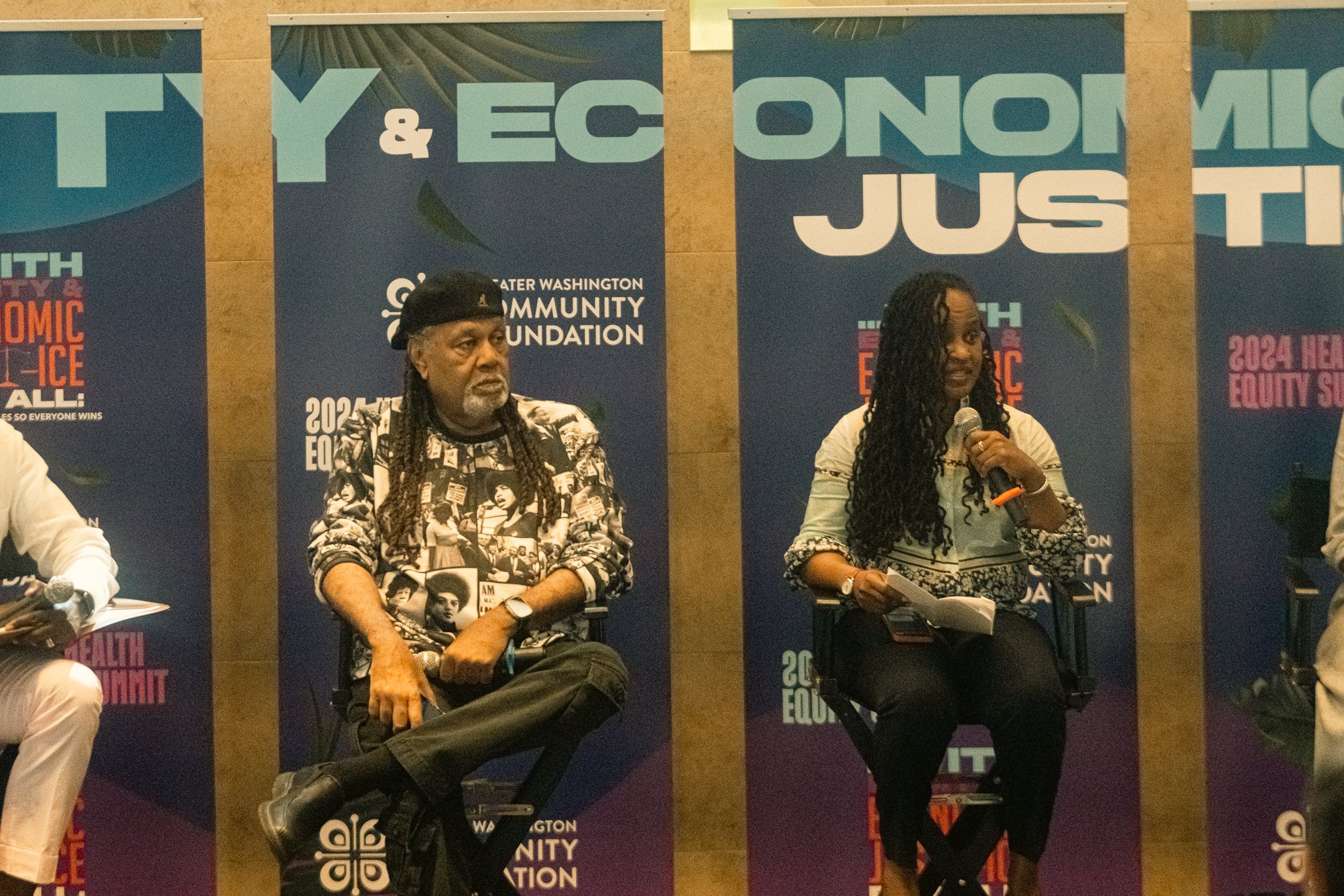
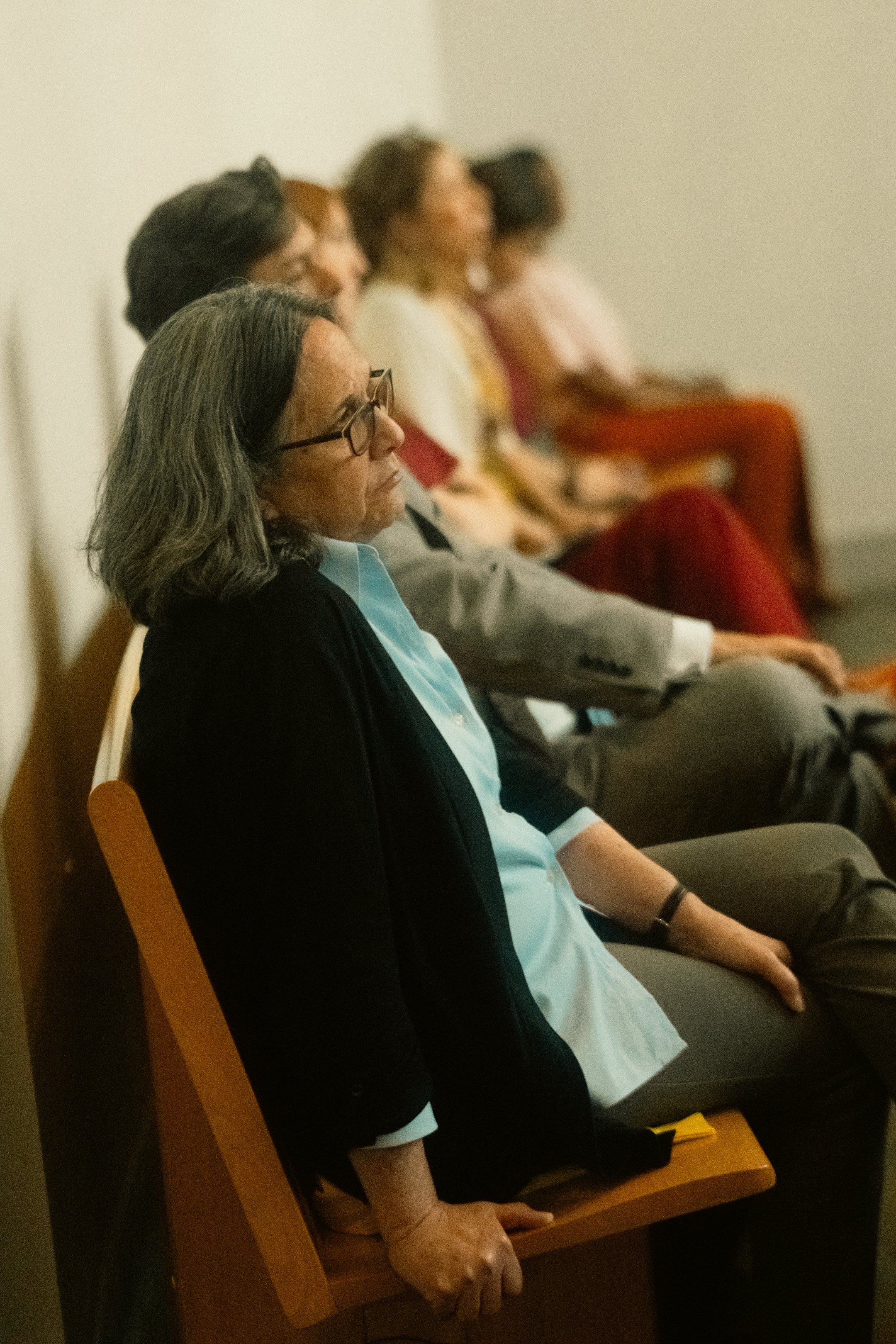
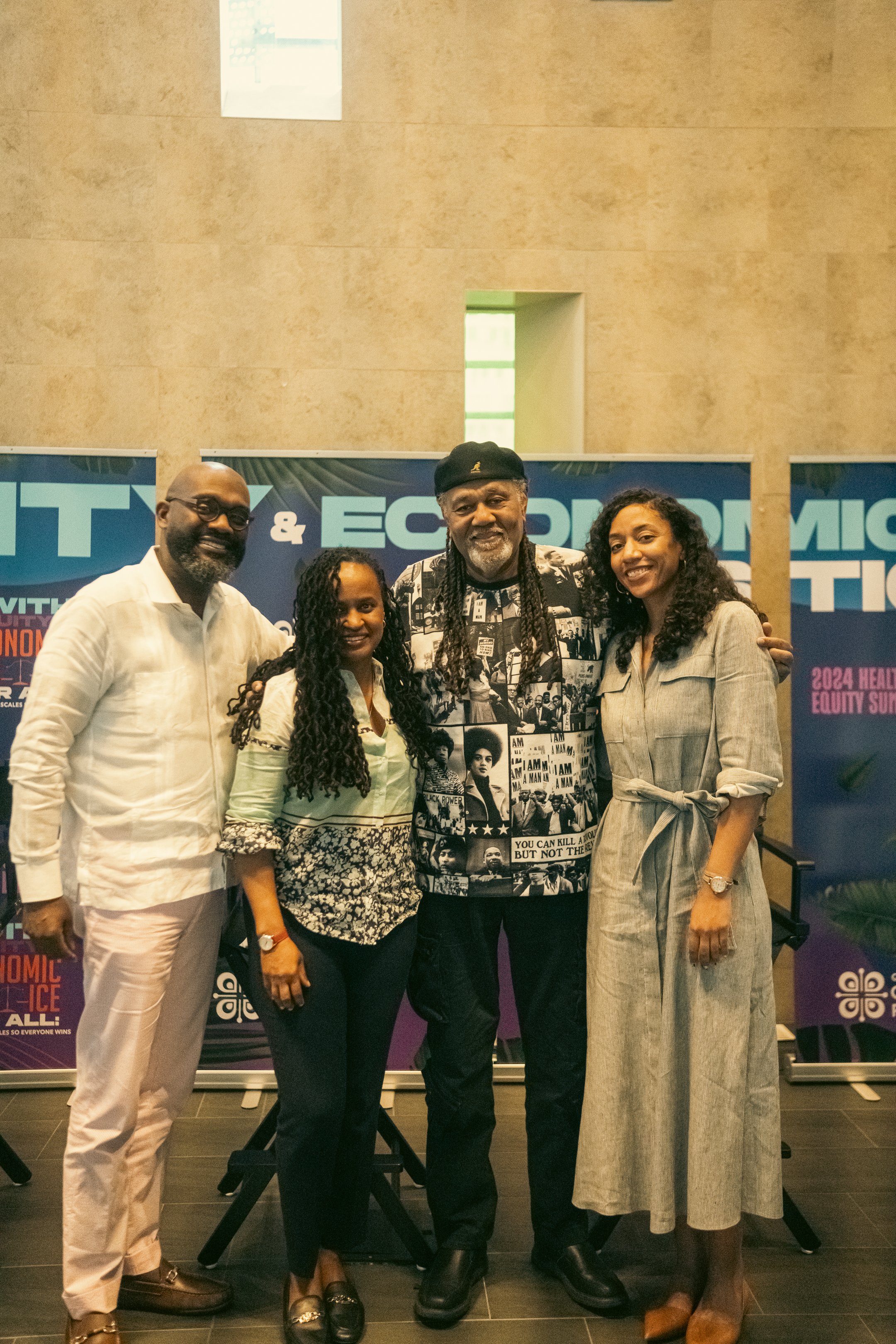
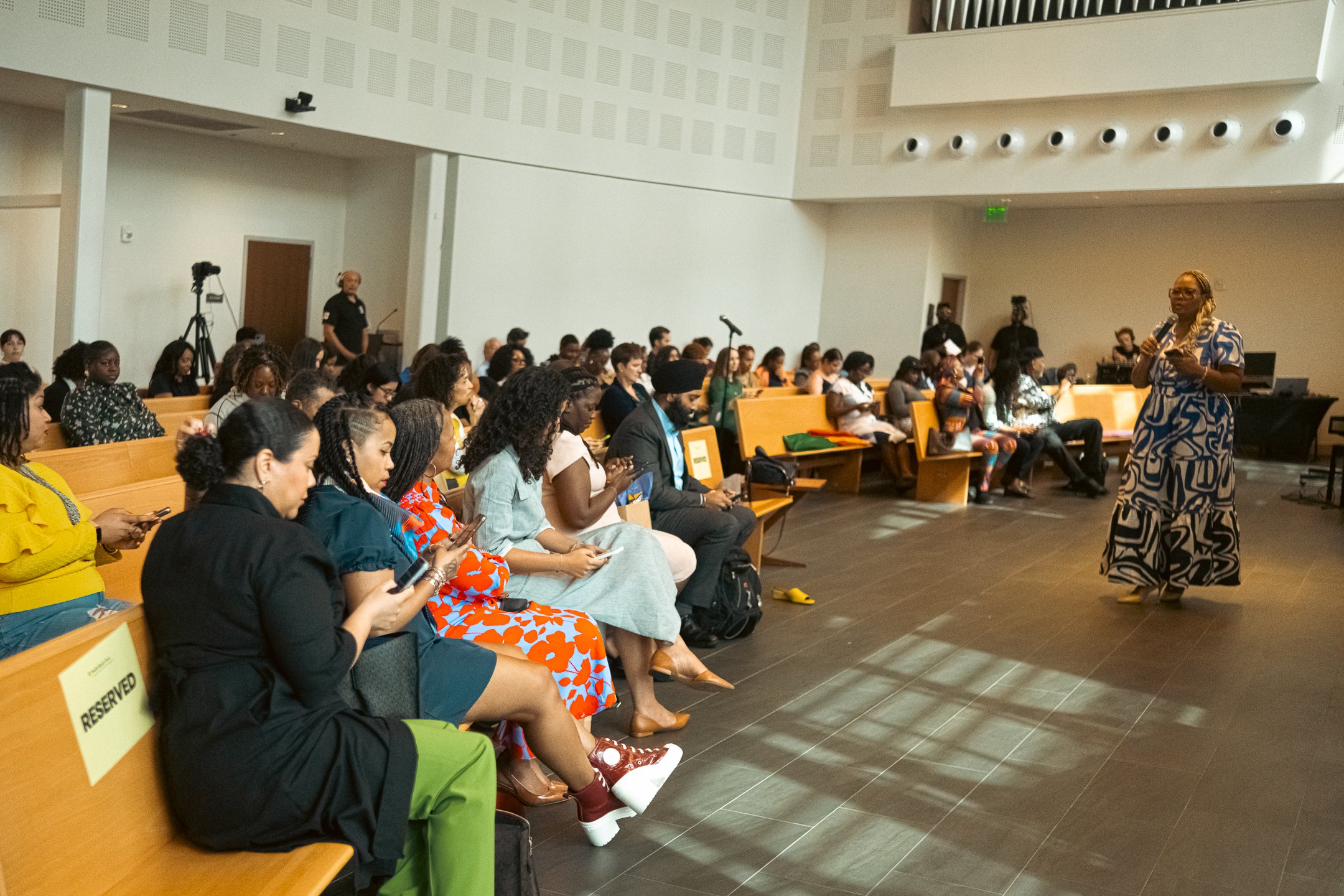
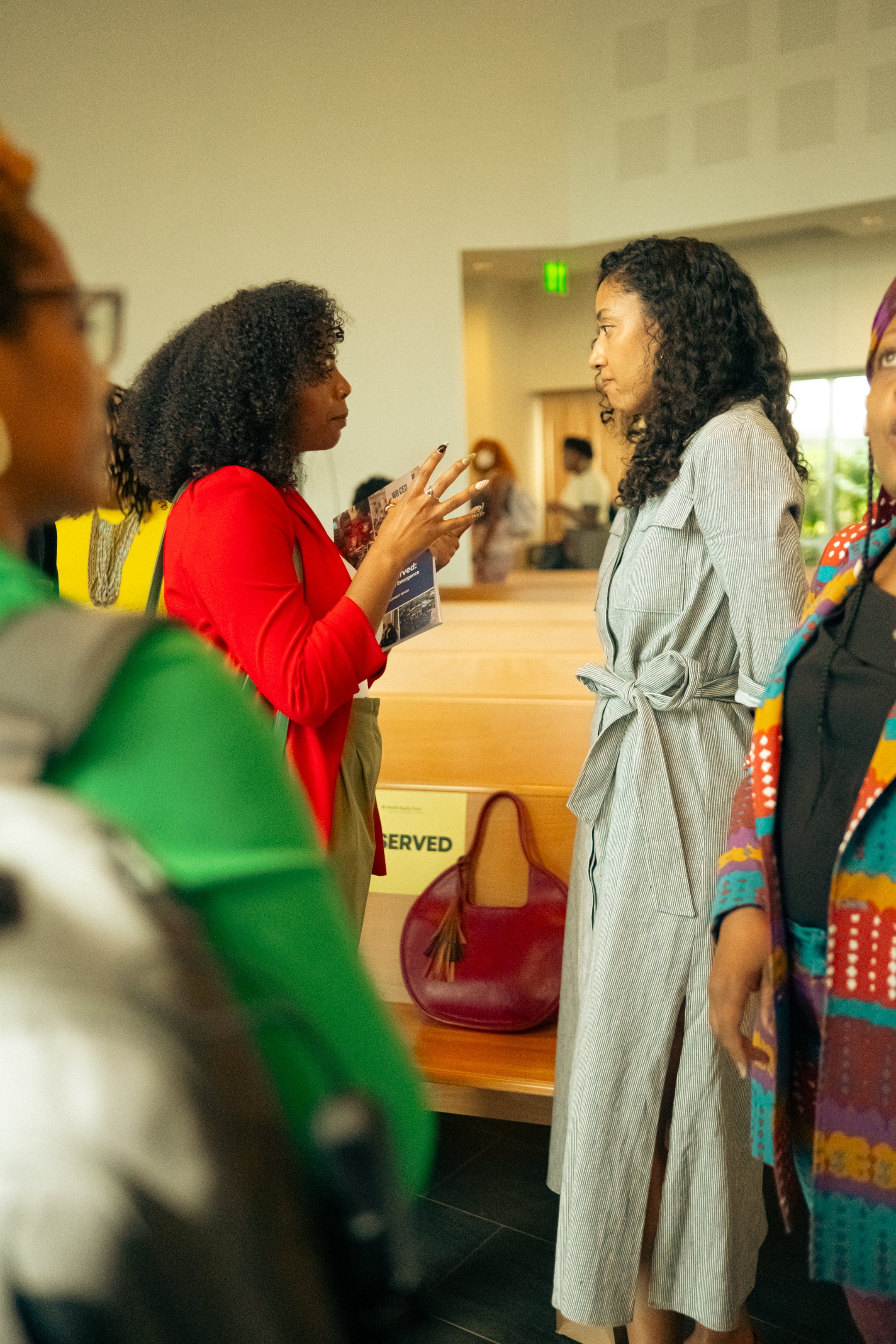
The Summit was organized by The Community Foundation’s Health Equity Fund – a $95 million fund designated to improving health outcomes and health equity for DC residents. Since September 2022, the fund has disbursed more than $22.8 million in funding to promote economic justice and health equity in the District.
“Our vision for the health equity fund – and for this summit -- is to advocate for change to address the root causes of the deep health inequities and disparities that exist in DC,” Dr. Marla Dean, Senior Director of the Health Equity Fund shared.
The event – which was open to the public – attracted a diverse audience of participants from across the spectrum – including policymakers, government and philanthropic partners, and nonprofit and community leaders. Click here to view the program booklet from the event
“Health & Healthcare are not the same thing,” Dr. Anthony Iton, Senior Vice President for Healthy Communities at The California Endowment shared. “Only 20% of health outcomes are shaped by the health delivery system. That means that most of health has nothing to do with what we do, as doctors.”
Dr. Anthony Iton and Dr. Damon Francis discuss their recent essay Envisioning a New Health System Rooted in Equity and the importance of investing in an equitable, people-centric approach to healthcare.
Dr. Iton and Dr. Damon Francis, Director of Homeless Health Center in Oakland, California, are co-authors of Envisioning a New Health System Rooted in Equity - an essay published by the Urban Institute last December. In it, they explore the shortfalls of the American health system – including its history of racial discrimination and why it’s critical to invest in an equitable, people-centric approach to healthcare moving forward.
“Our healthcare system today is a predatory, extractive system,” Dr. Iton shared. “It is the single largest source of bankruptcies in this country. Most are built around a corporate model – selling services to paying customers – which has little to do with the needs of the population. And the worst part is it’s getting more expensive, for everyone.”
“The poorest Europeans have better health status than the wealthiest White Americans,” Dr. Francis added, pointing to international data comparing health outcomes from around the world.
In their essay, Dr. Francis and Dr. Iton explain how the devastation caused by World War II in Europe lead many countries to adopt Universal benefits such as childcare and health benefits, which led to better overall health outcomes for their populations. Meanwhile, in the US, healthcare was built increasingly on a corporate model that disadvantaged everyone, especially Blacks and communities of color who suffered discrimination and underinvestment.
“When we talk about the need for universal healthcare, we so often overlook the universal component,” Dr. Iton explained. “It’s a signal of solidarity. It requires that we work to really see each other’s needs and gaps that exist between us.”
“Until we acknowledge that and enshrine it in policy, we will continue to see these disparities.”
“We need to build collective power,” Dr. Francis added. “You cannot explain behaviors based on access to healthcare alone; you can explain it based on political power.”
“Health is political – and it requires political action; people coming together to hold systems accountable for delivering equitable outcomes.”
Dr. Iton concluded the panel by outlining his ABC model for building health equity – promoting Agency (or collective power), strengthening Belonging, and rebuilding our social Contract.
From left to right: Temi F. Bennett, Sohrab Kohli, Jennifer Bryant, and Professor Anthony Cook discuss community wealth-building and cooperative ownership.
The next panel focused on economic justice and creating prosperity for all. The conversation was moderated by Temi F. Bennett, co-CEO of if, a Foundation for Radical Possibility and featured thought leaders in the space of individual community wealth-building and cooperative ownership.
“Creating economic mobility means building opportunities,” Sohrab Kohli, Senior Manager of the Aspen Institute’s Financial Security Program explained. “It also means looking at our systems in a reparative lens and finding ways to ‘balance the scales’ (referring to the theme of the Summit) so that everyone wins.”
“Shared or cooperative ownership is a critical part of building economic mobility,” Jennifer Bryant, Program Manager of the Black Employer Ownership Initiative at Project Equity shared. “We’re building economic democracy -- allowing Black and Brown people to benefit from and have a say in the direction of the organizations they work for.”
In her role at Project Equity, Bryant explained how she works with Black business owners to help convert their businesses to employee ownership – allowing their employees and communities to benefit from their legacy in perpetuity.
“If all the businesses that employ Black workers were employee owned, the median wealth of Black workers would increase from $20,000 to over $100,000,” shared Professor Anthony Cook, Professor at Georgetown Law School.
Professor Cook is the founder of Gatebridge Community – an organization working to transform cooperative low-wealth communities by fostering a culture of cooperative ownership. The organization recently announced plans to launch Rosie’s Grocery – a resident and worker owned grocery initiative that will provide access to fresh produce to low-income, low-access (LILA) neighborhoods in the DC metro area.
“We are prototyping that with community support and industry and sector expertise, we can do what other people have refused to do – and that is stepping up and engaging the community, as part of the solution – giving them ownership of the processes that will impact their lives for the better.”
From left to right: Reverend William H. Lamar IV, Dr. Stacey Patton, Dr. Raymond Winbush and Dr. LesLeigh D. Ford discussed the pursuit of liberation and the case for reparations.
The final panel of the day was moderated by Reverend William H. Lamar IV and featured a panel of experts who discussed the pursuit of liberation and the case for reparations.
“It is estimated that more than $380 Billion in Black Wealth has been lost, as a result of slavery,” Dr. Stacey Patton, Research Associate Professor at the Institute for Urban Research at Morgan State University shared. “Our bodies still hold those memories; the psychological trauma and impact of slavery.”
Dr. Patton and Dr. Raymond Winbush, Director of the Institute for Urban Research at Morgan State University, shared their insights from studying African American communities over time. They explained how reparations represent not only an important economic milestone, but also a social and cultural turning point to true equity for Black communities.
“It’s not enough to converge the racial wealth gap,” Dr. LesLeigh D. Ford, Associate Director of Race and Equity Research at the Urban Institute shared. “We have to reimagine and reconstitute the system that created it. Without reparations, that level of systemic change simply isn’t possible.”
The program included live Q&A sessions with each of the panels, as well as live and video presentations from community and nonprofit partners with the Health Equity Fund, who spoke about the work they are doing to advance health equity and economic mobility in DC.
In addition to the presentations, participants were treated to powerful performances from local creative artists, including Camilo Montoya, a talented spoken word performer and Pianist Virtuoso Dana Kristina-Joi Morgan – which added an electric atmosphere to the day’s program.
“We thank you all for being a part of this event and this movement to bring health equity and economic mobility to all residents within the District of Columbia,” Dr. Marla Dean shared at the close of the event. “We look forward to partnering with all of you, as we continue to invest and work towards a more equitable and prosperous future for all.”
Click here for more photos from the 2024 Health Equity Summit! For more information about the Health Equity Fund and available funding opportunities, visit our website.


